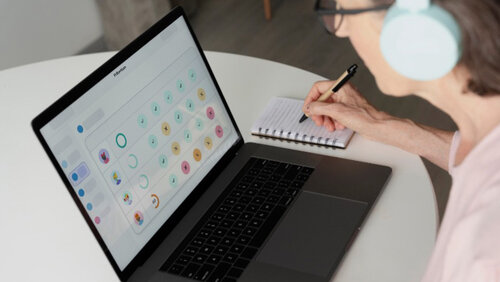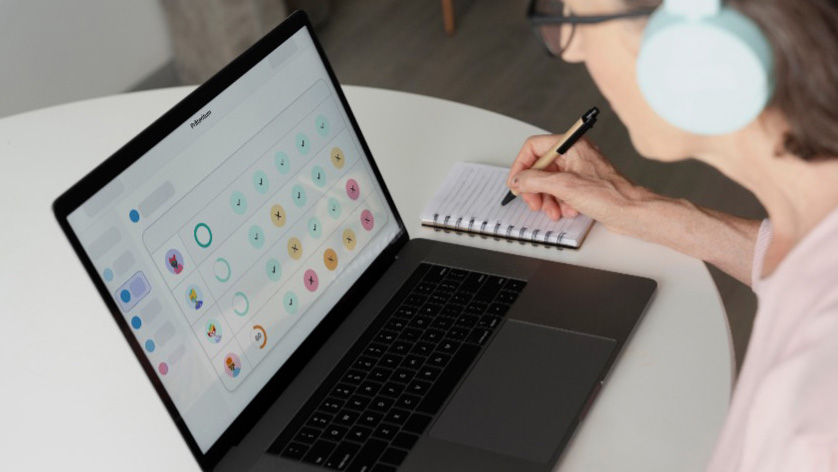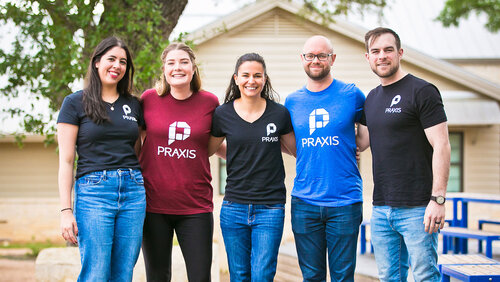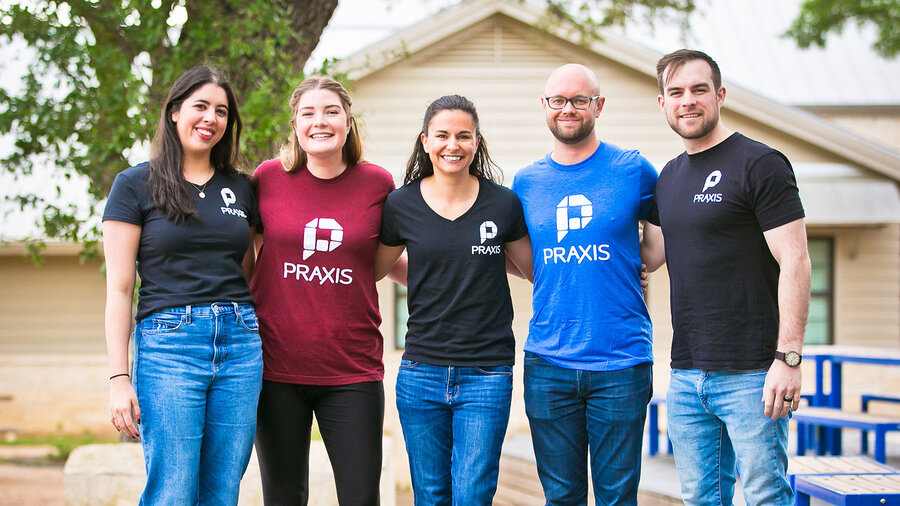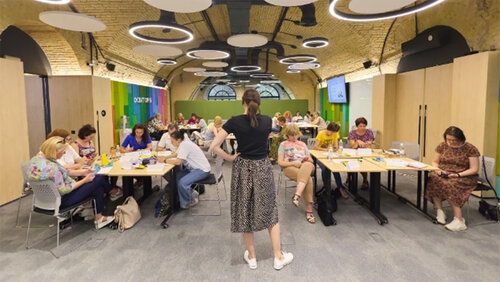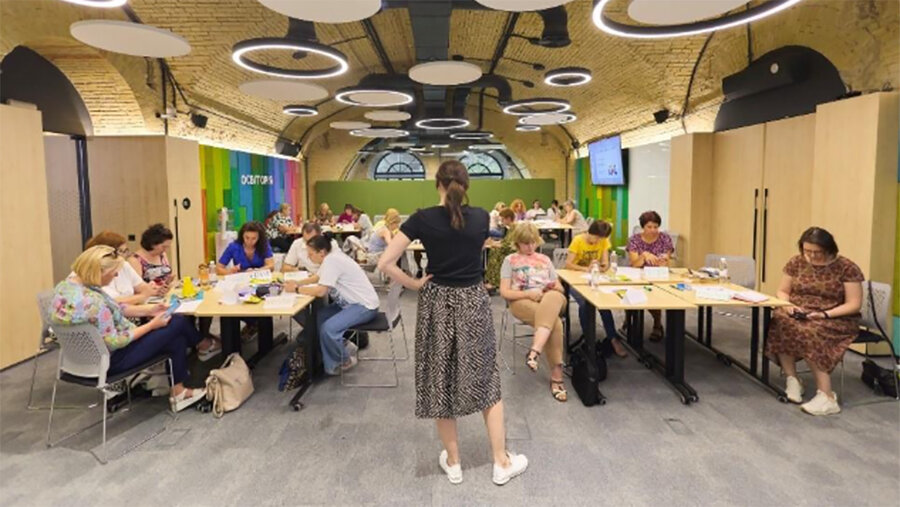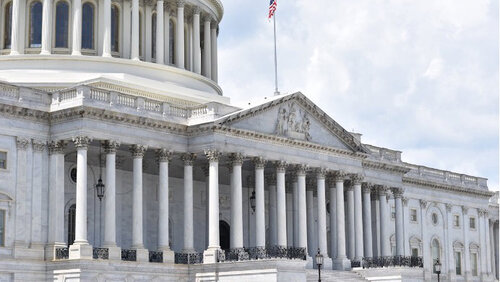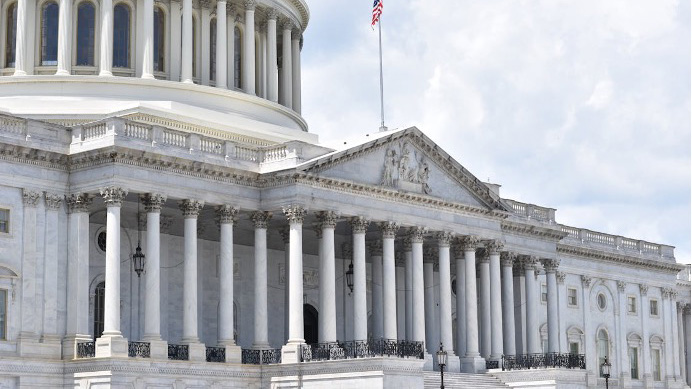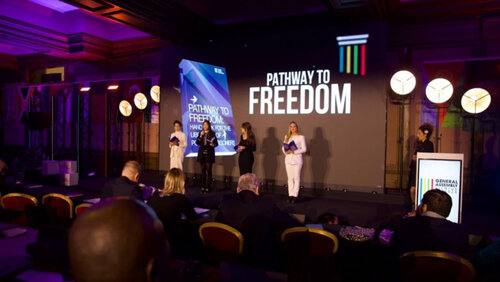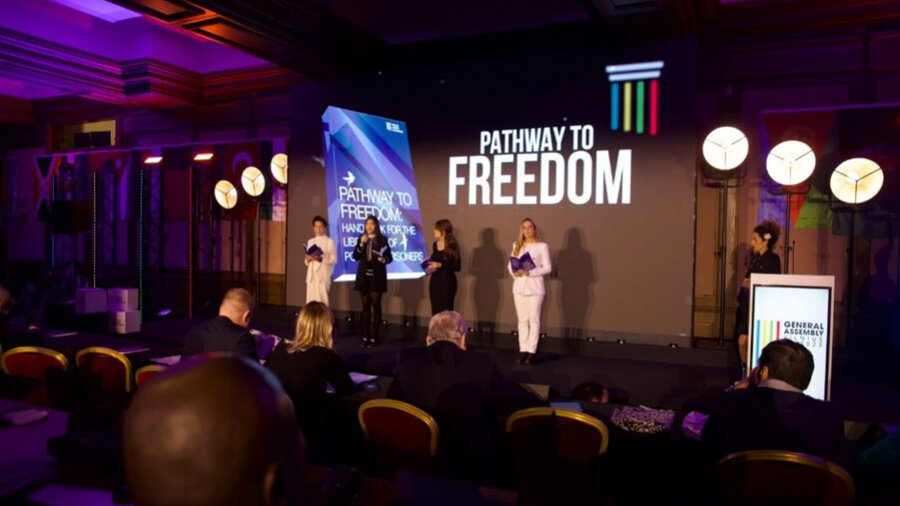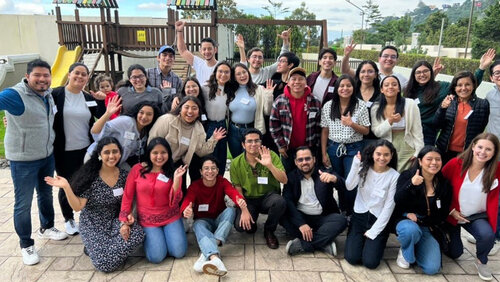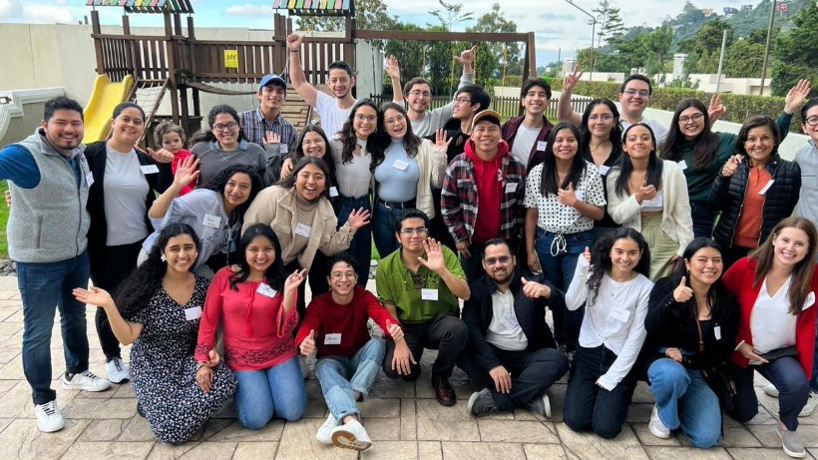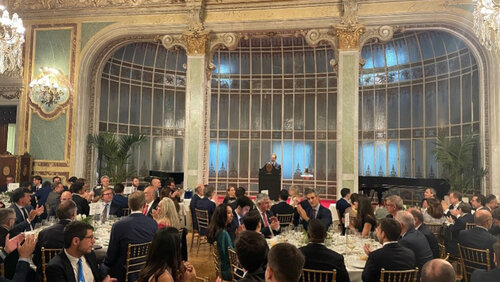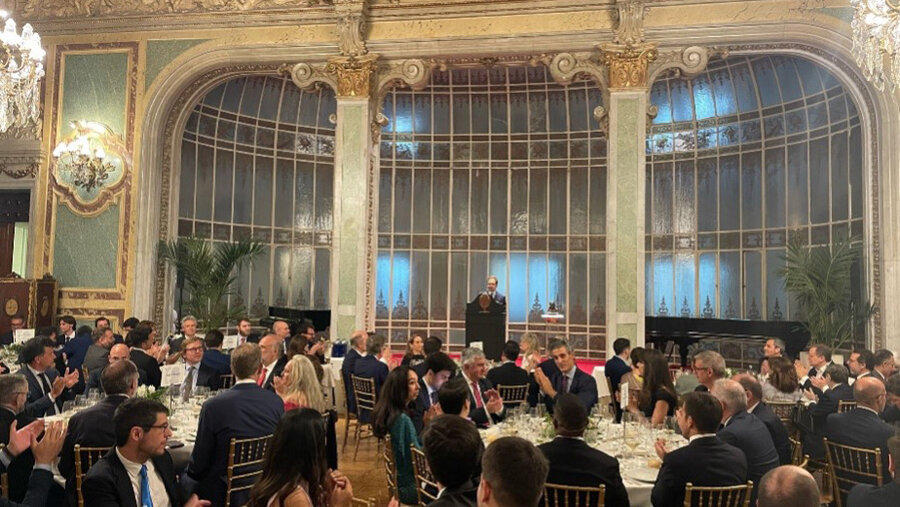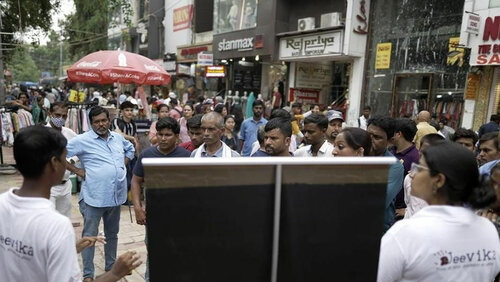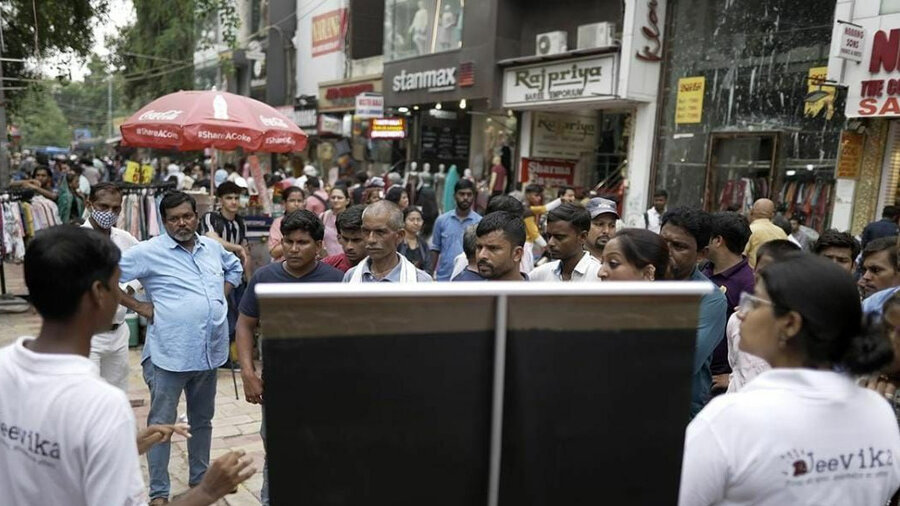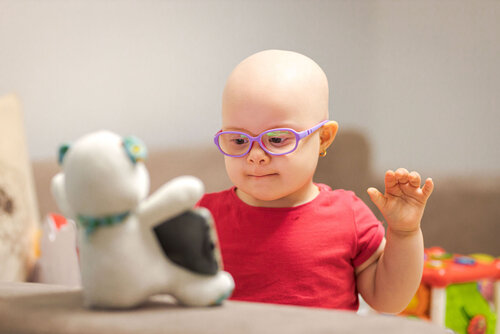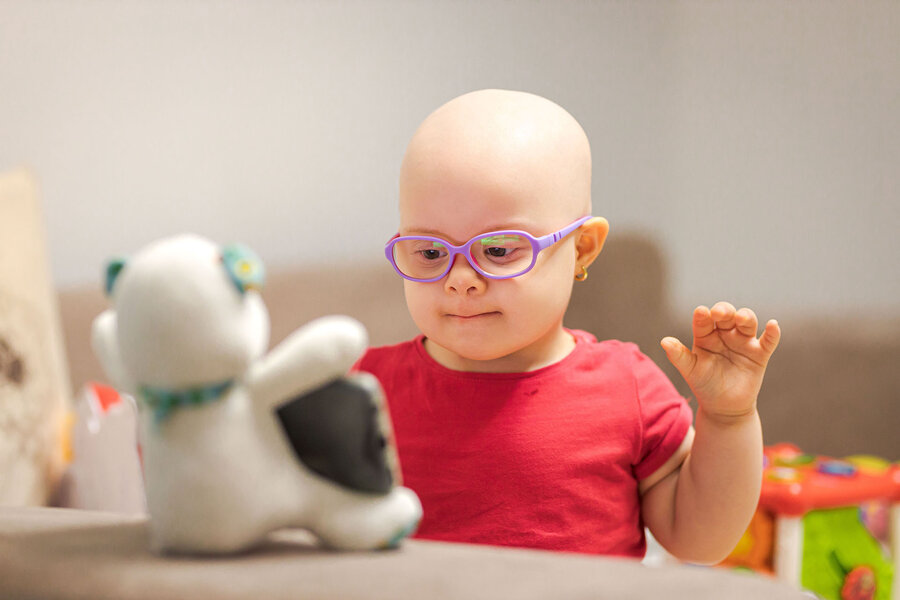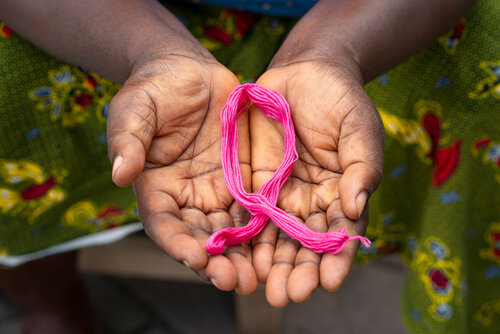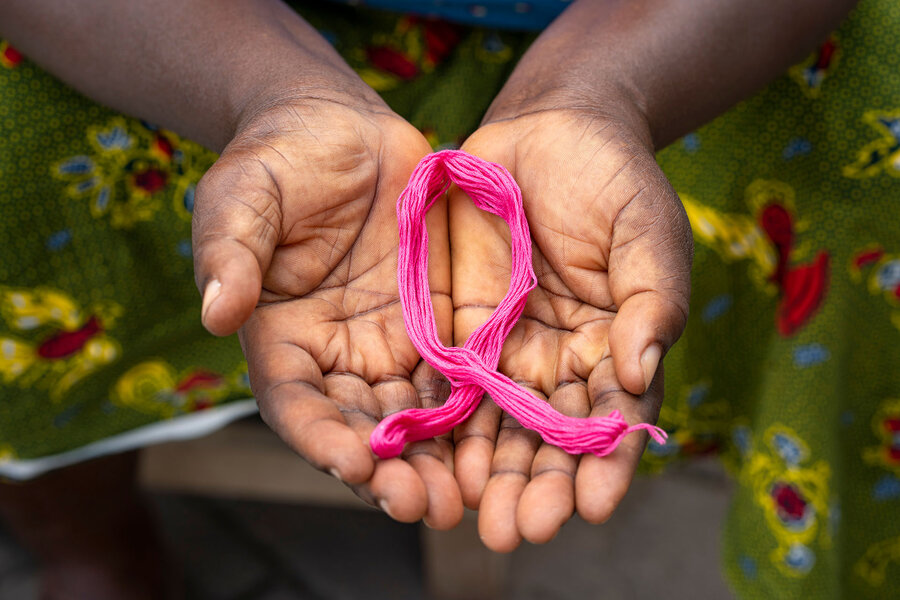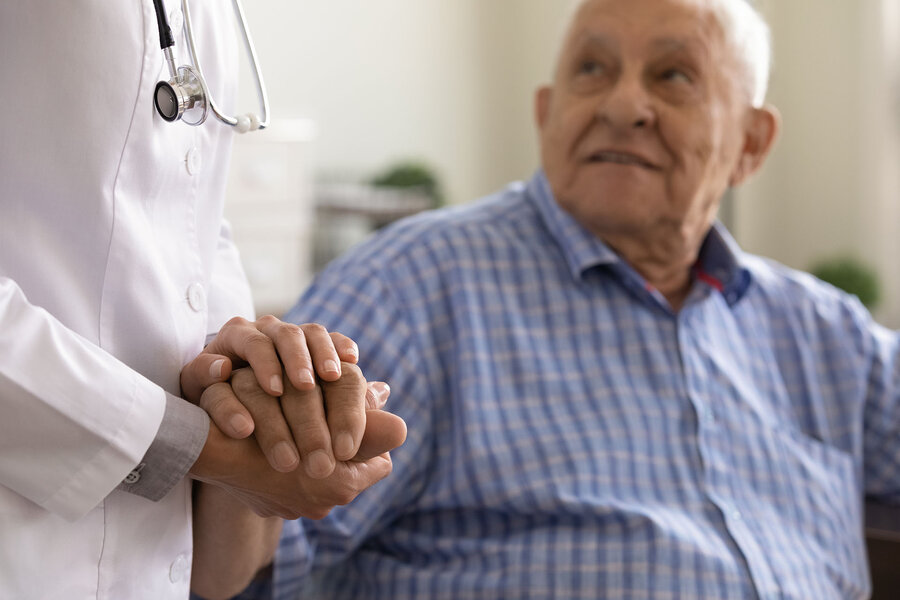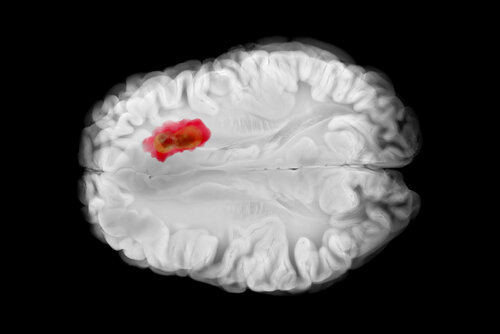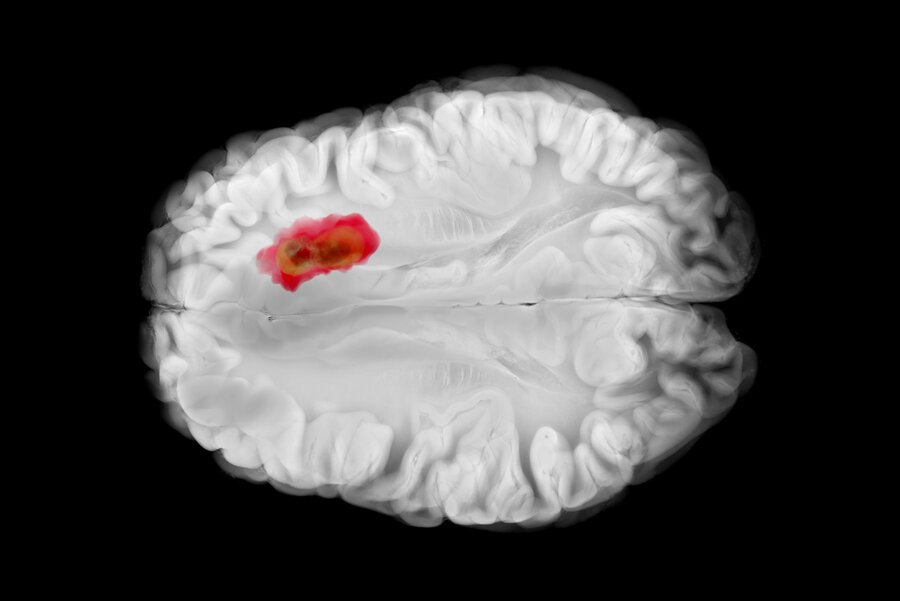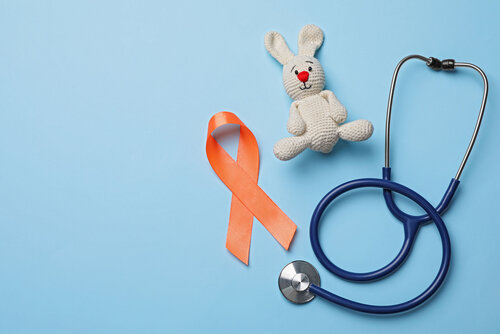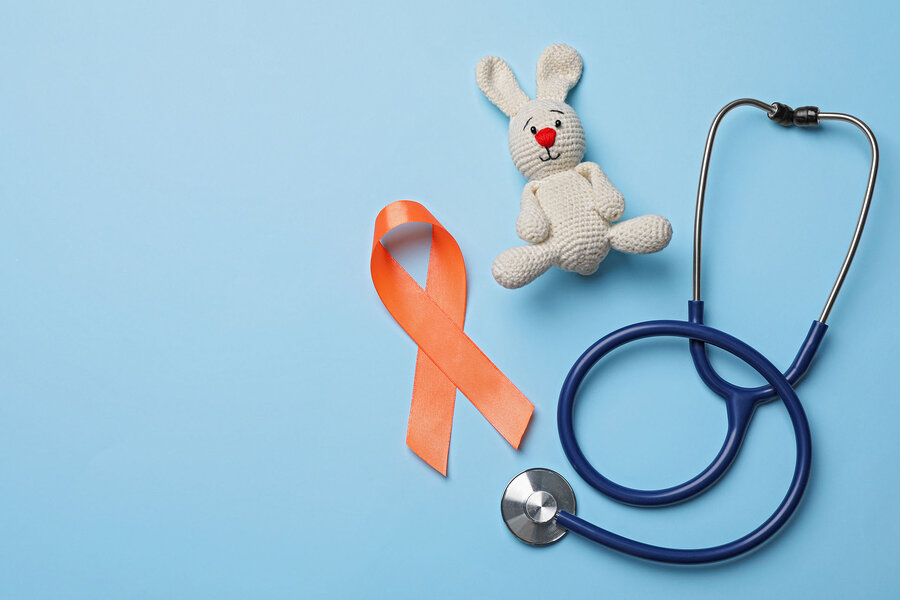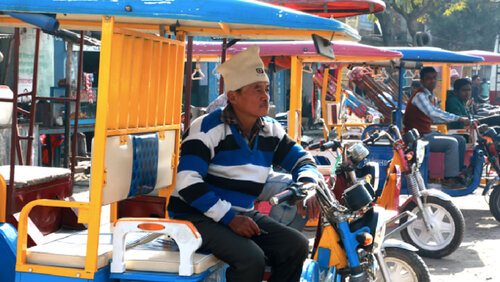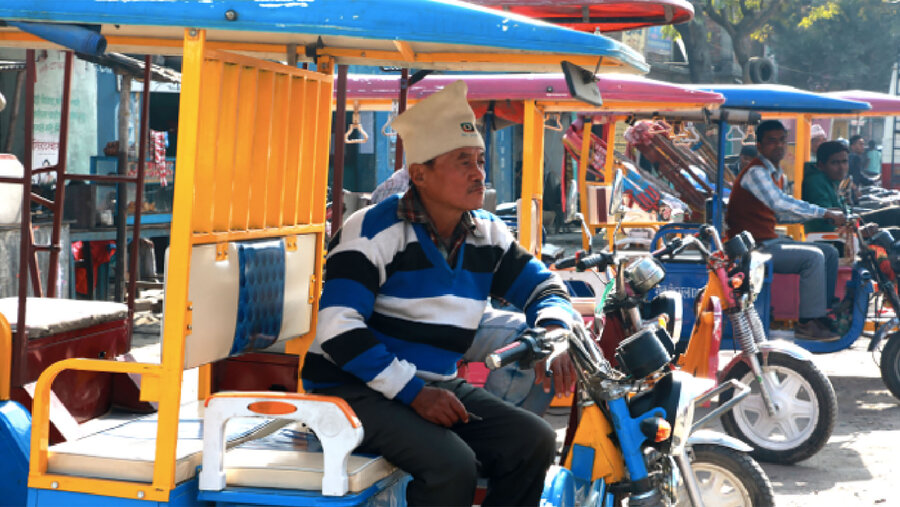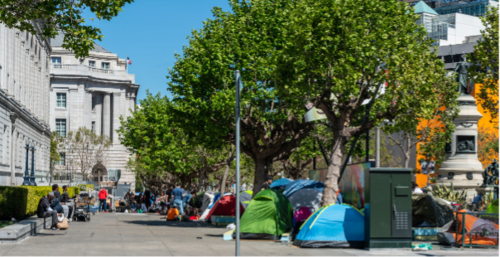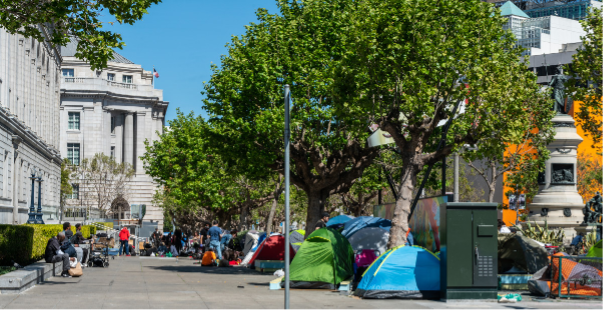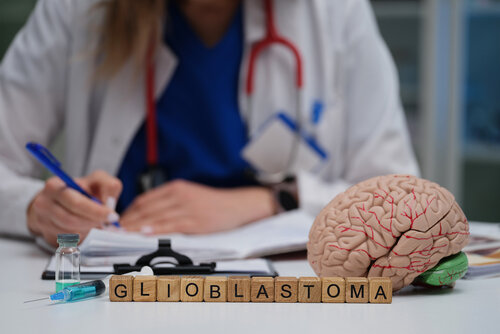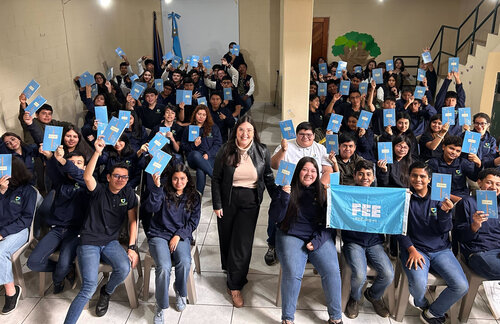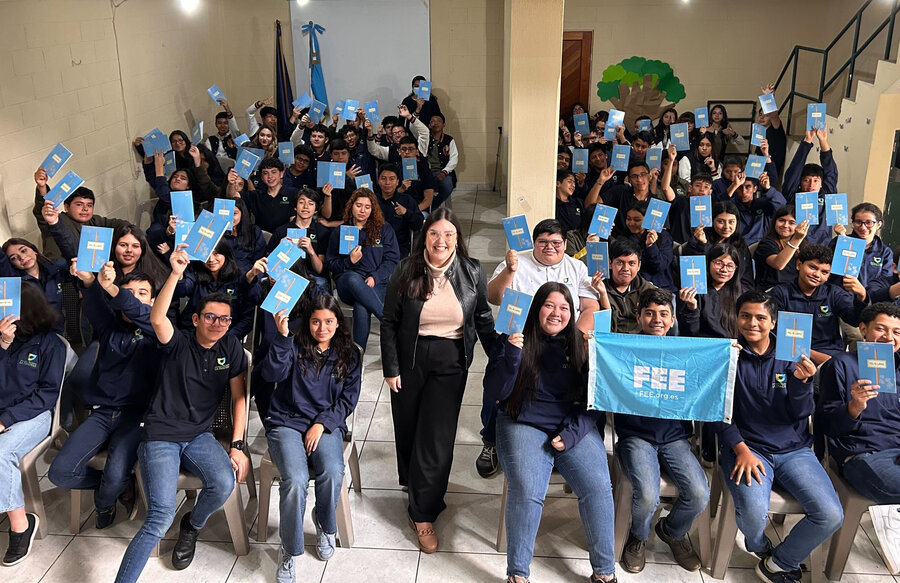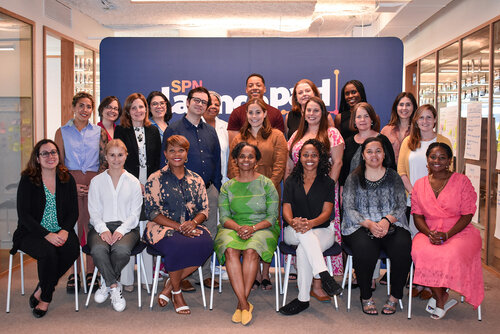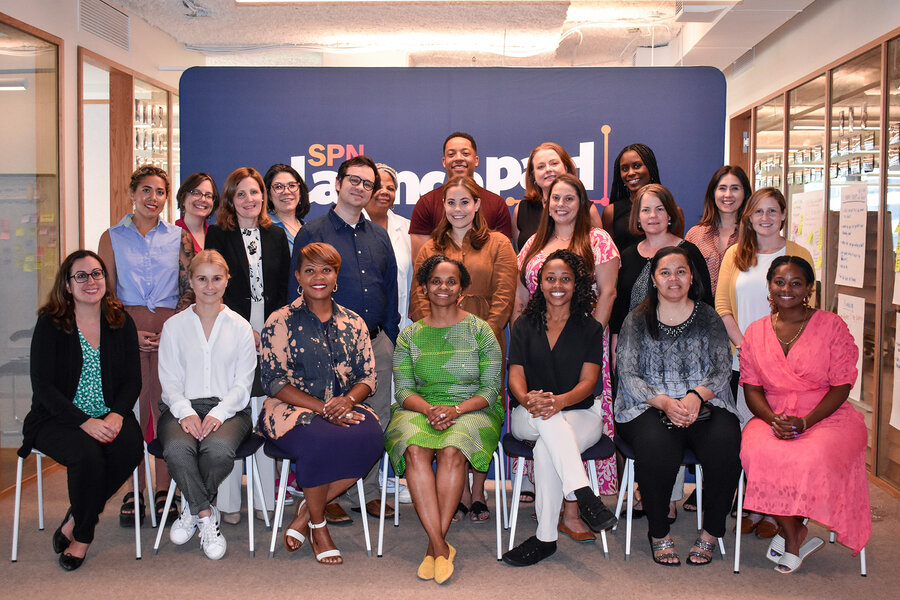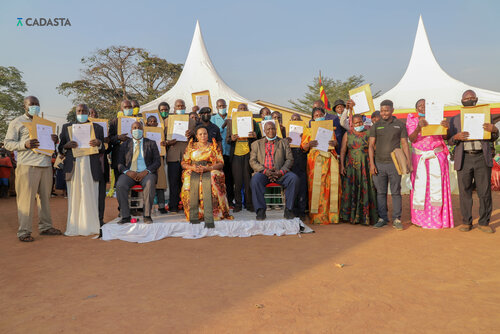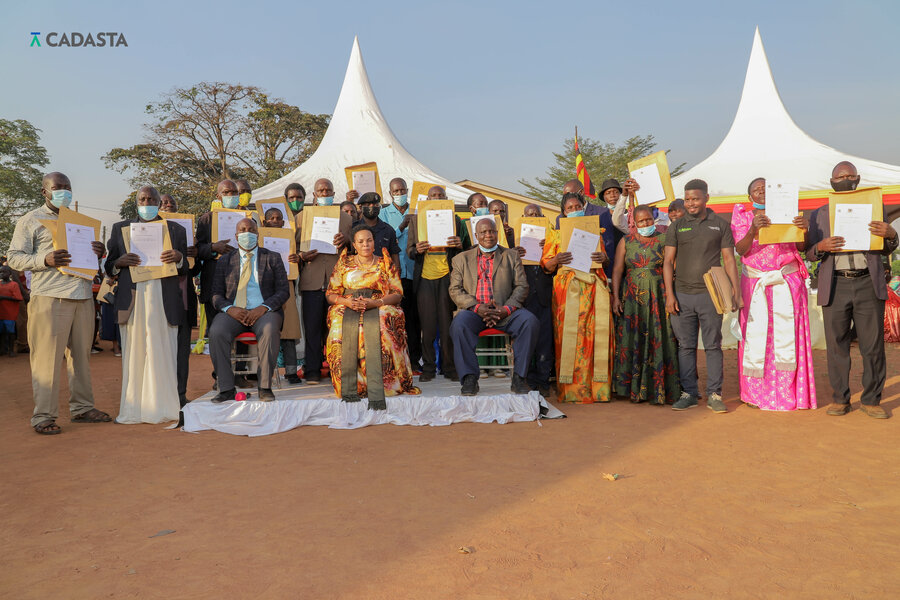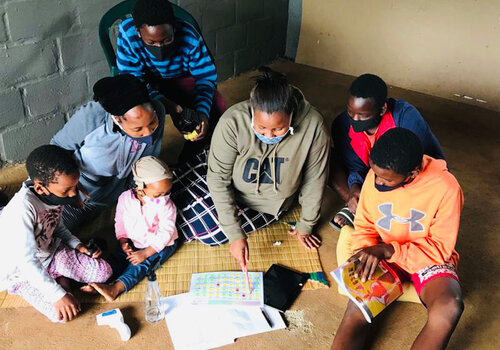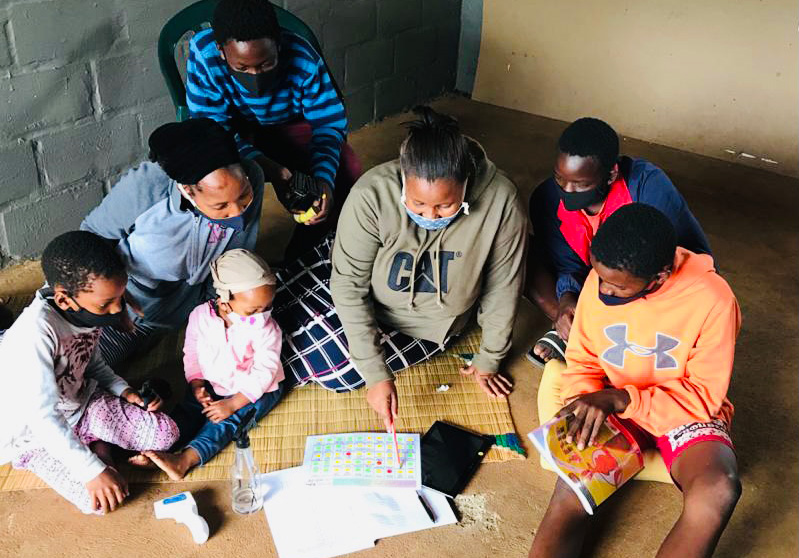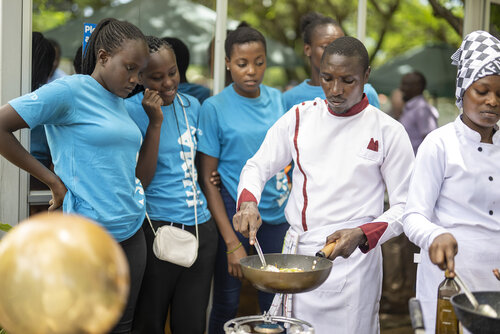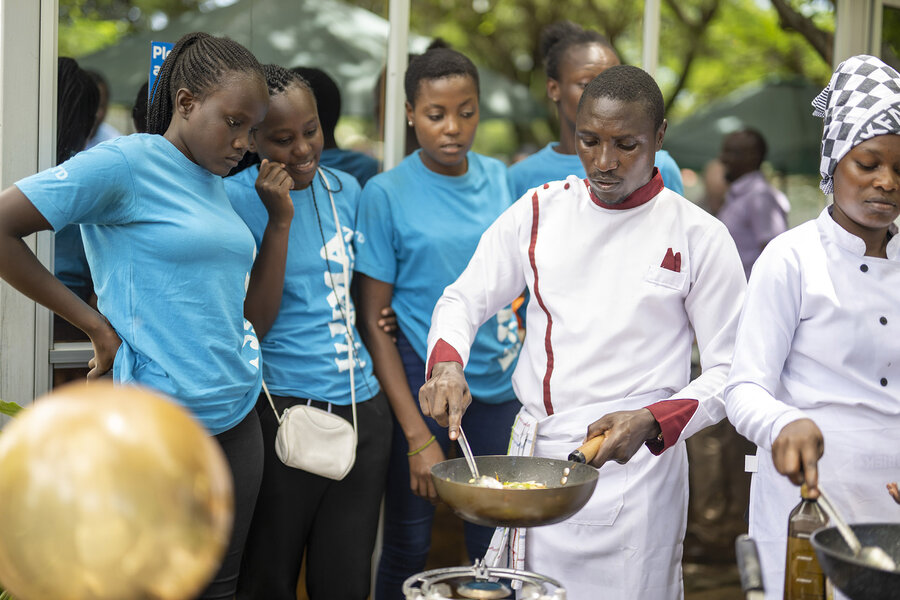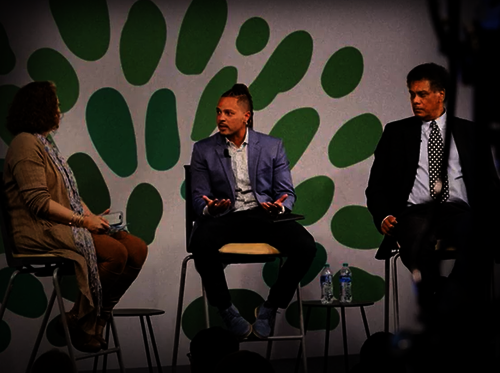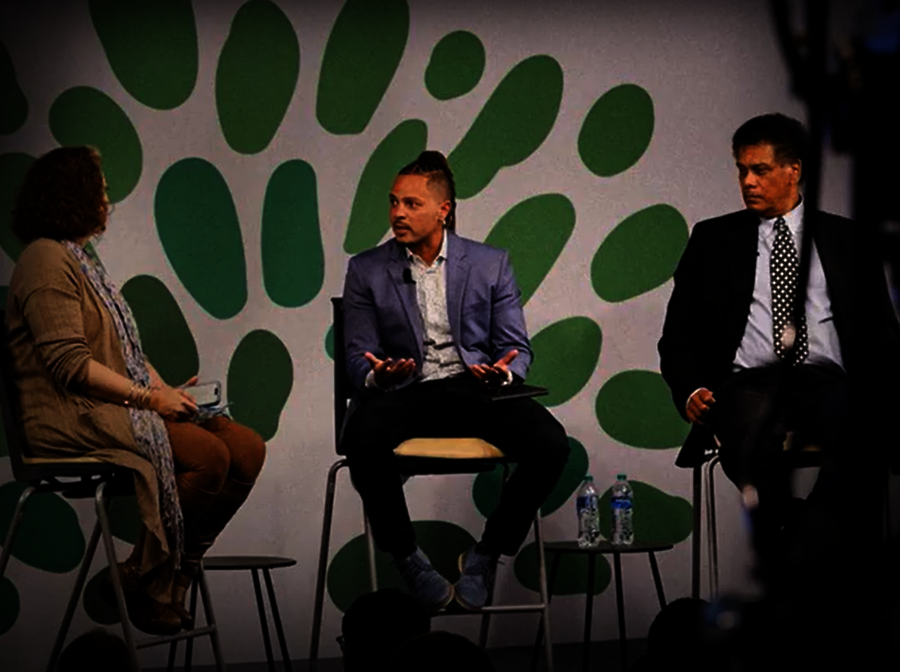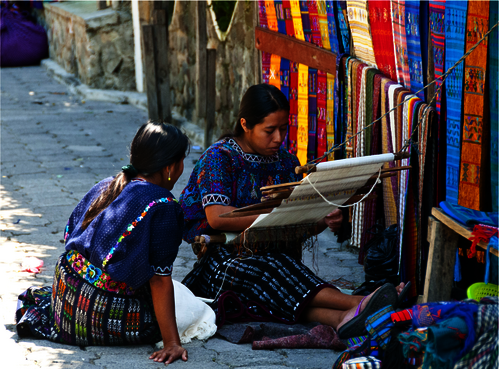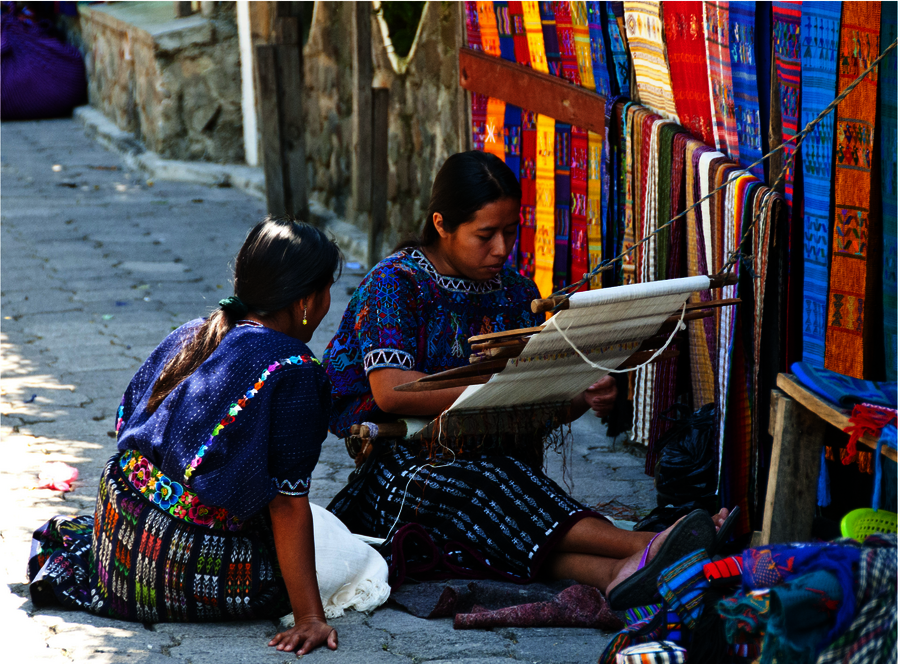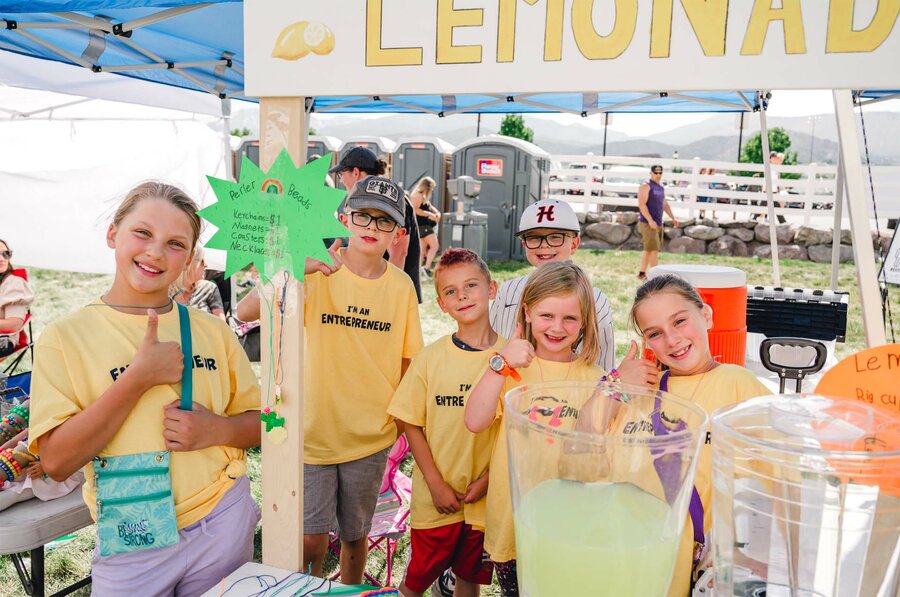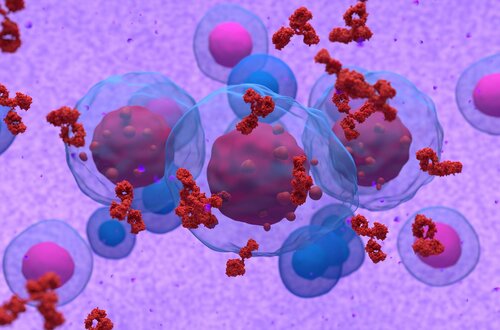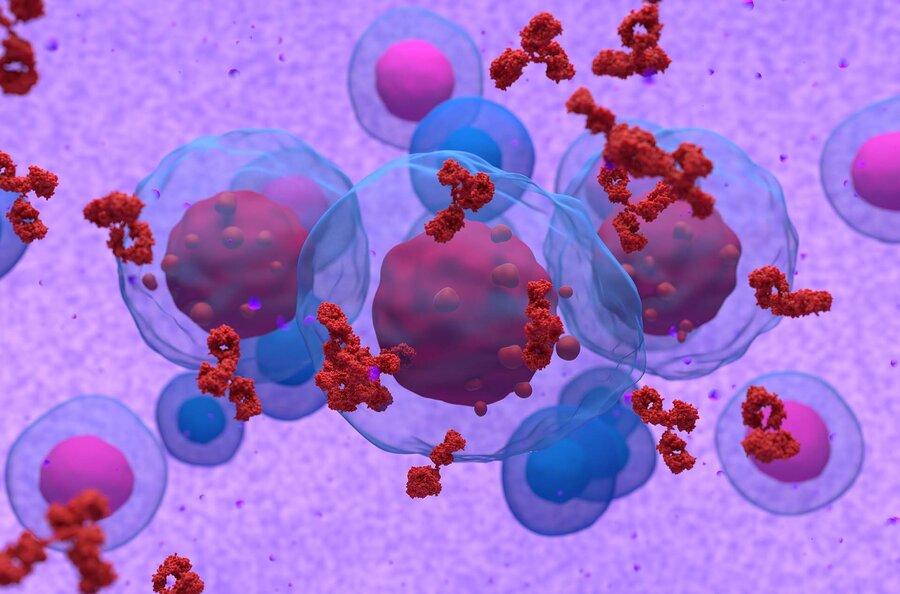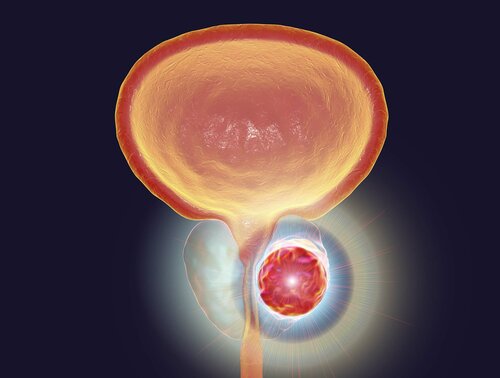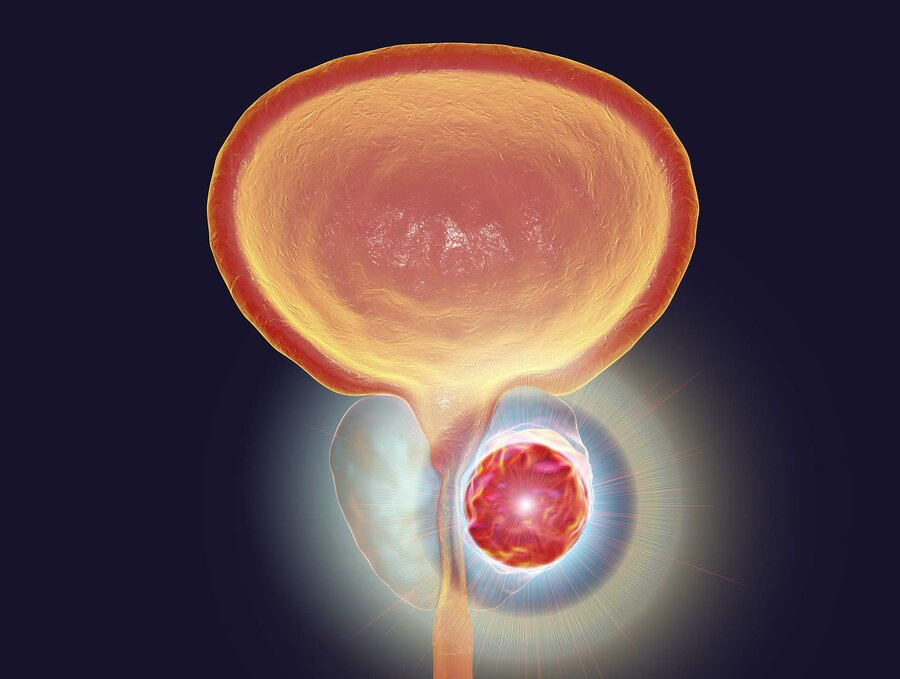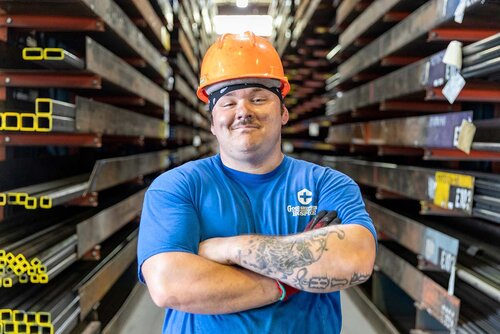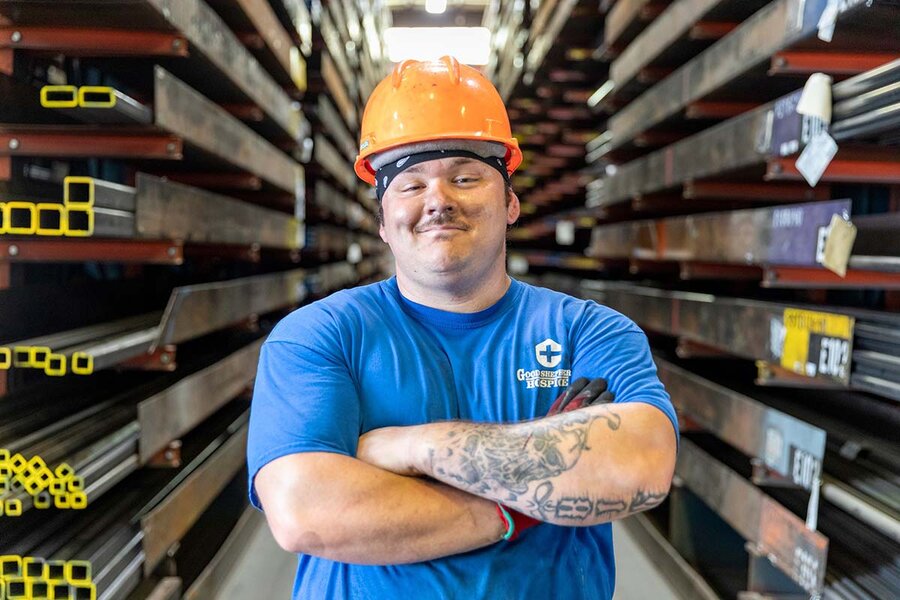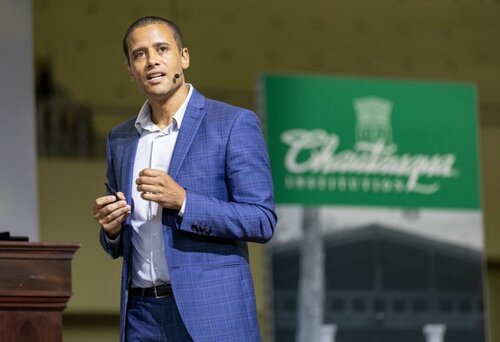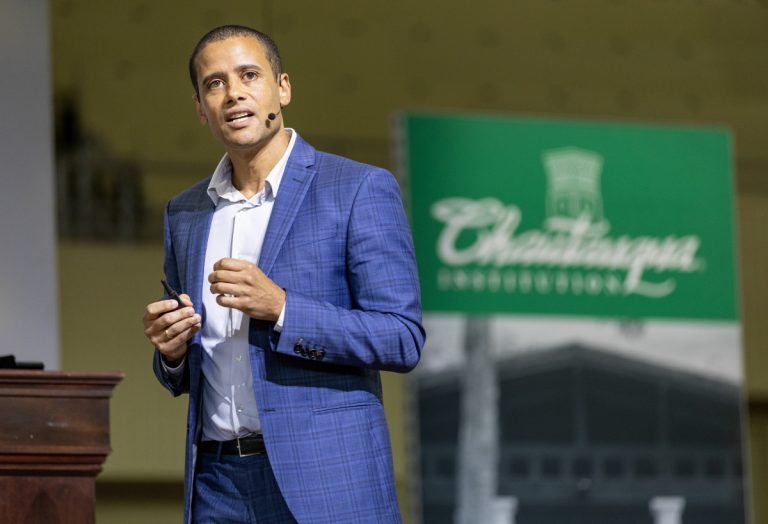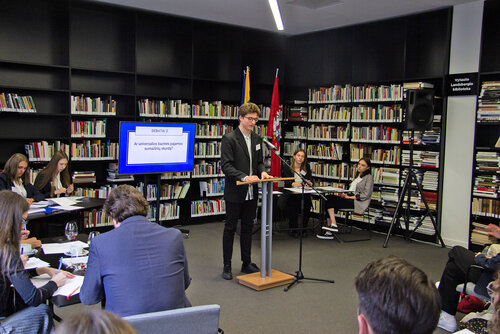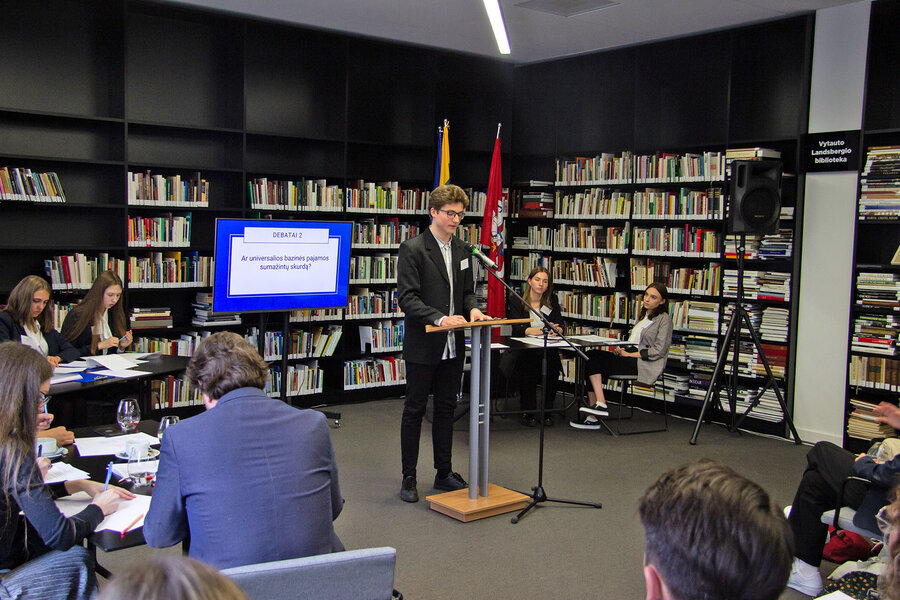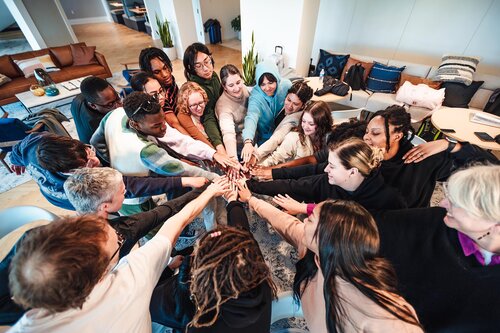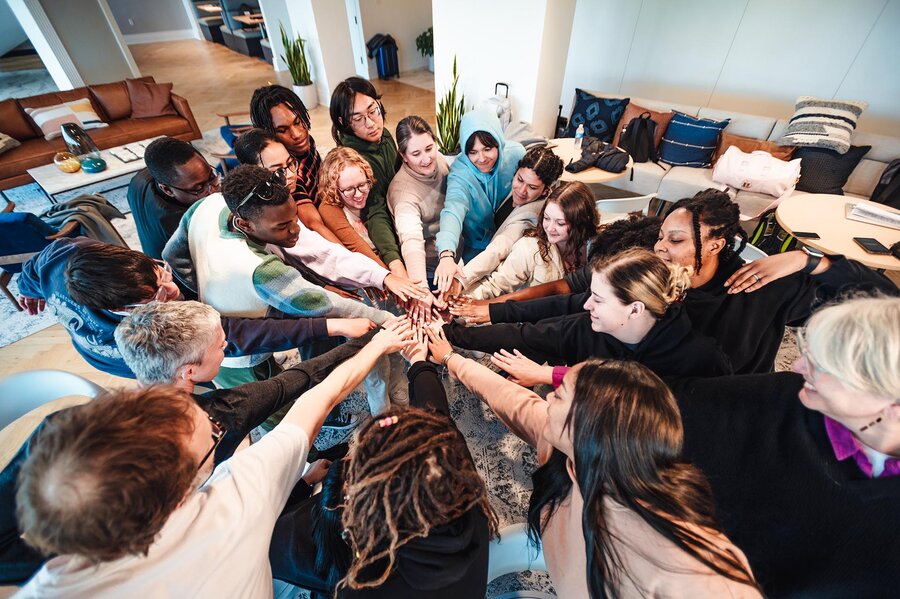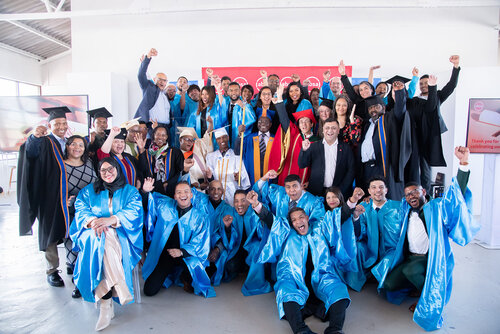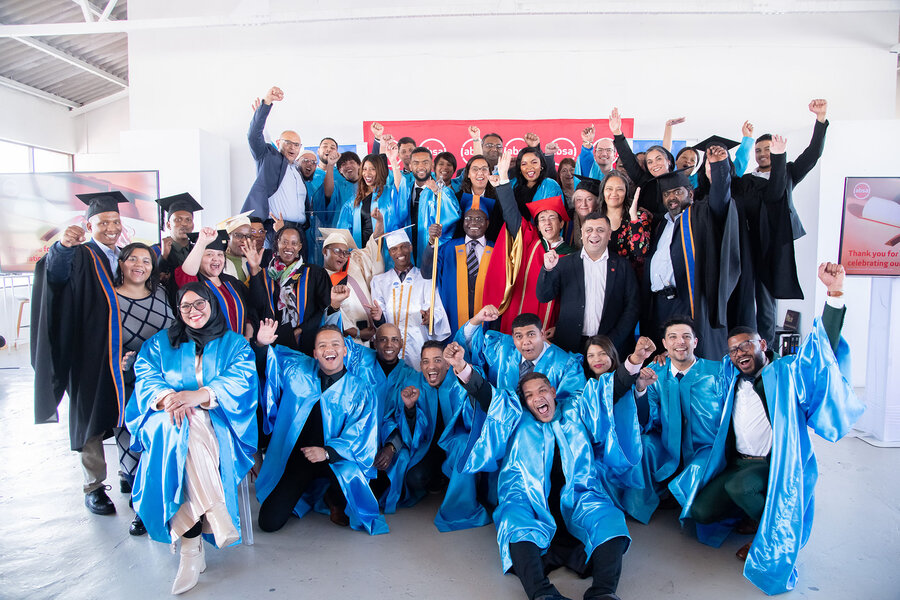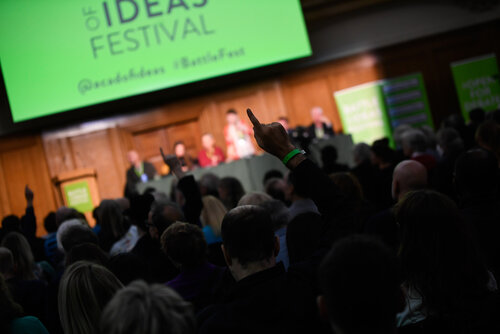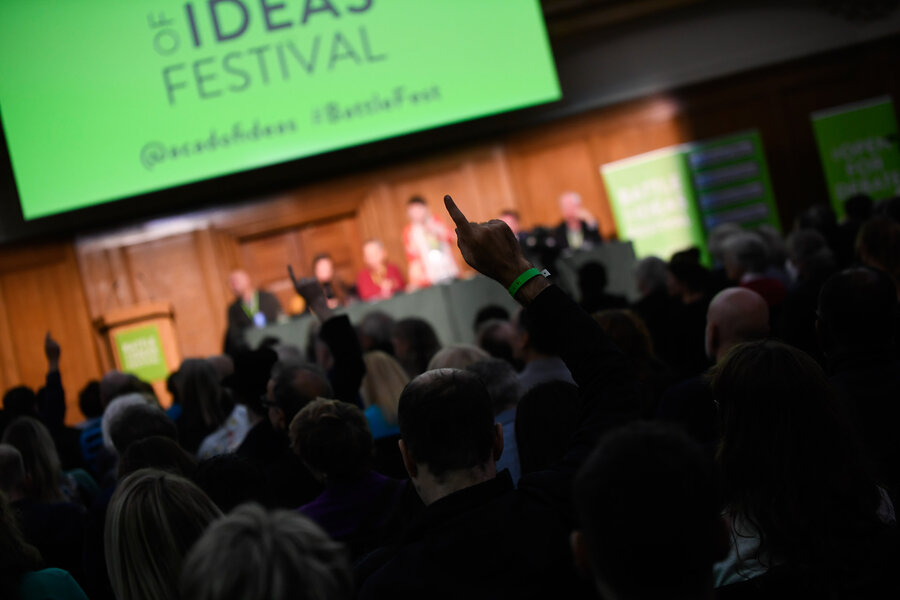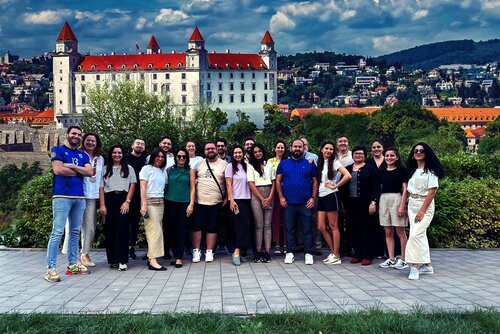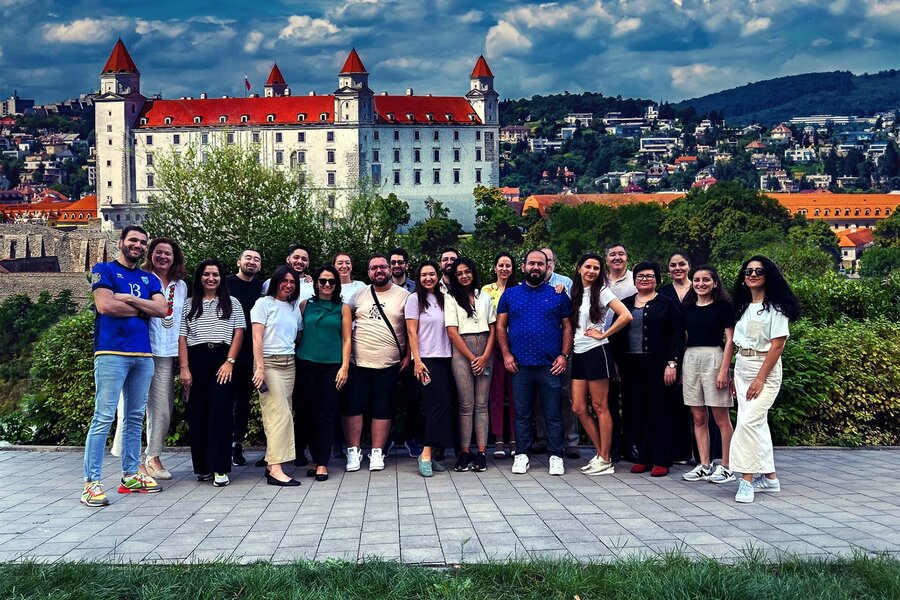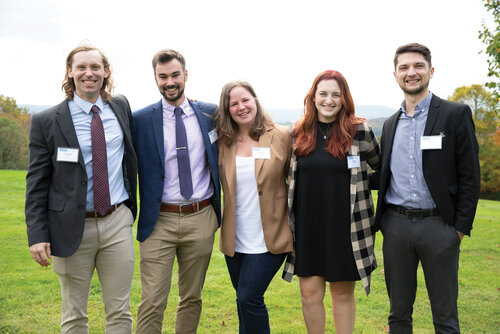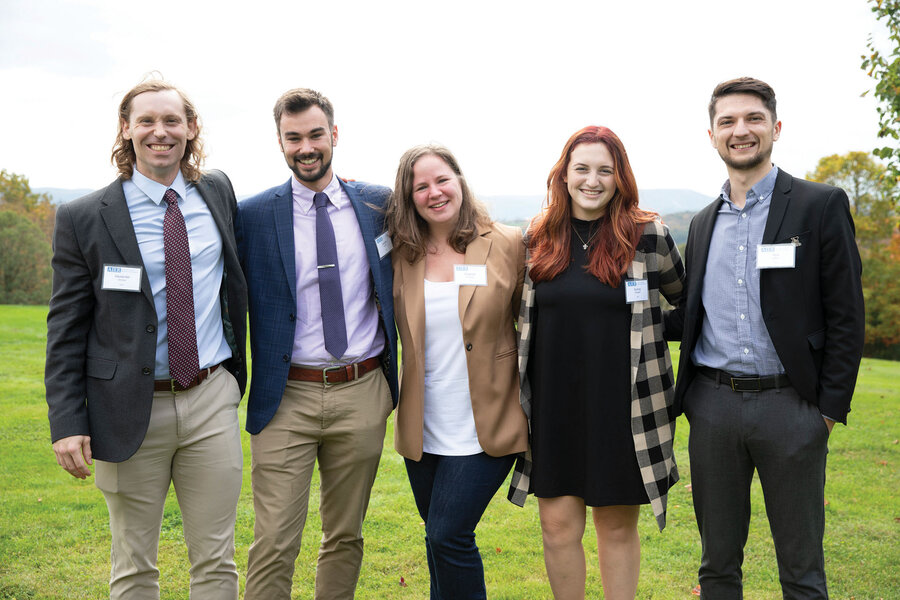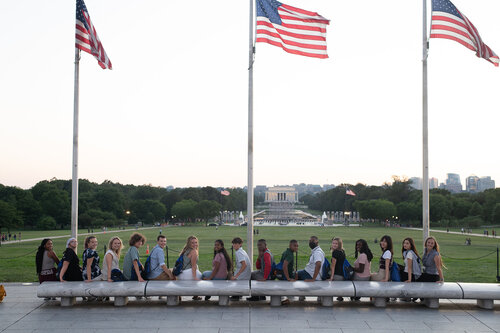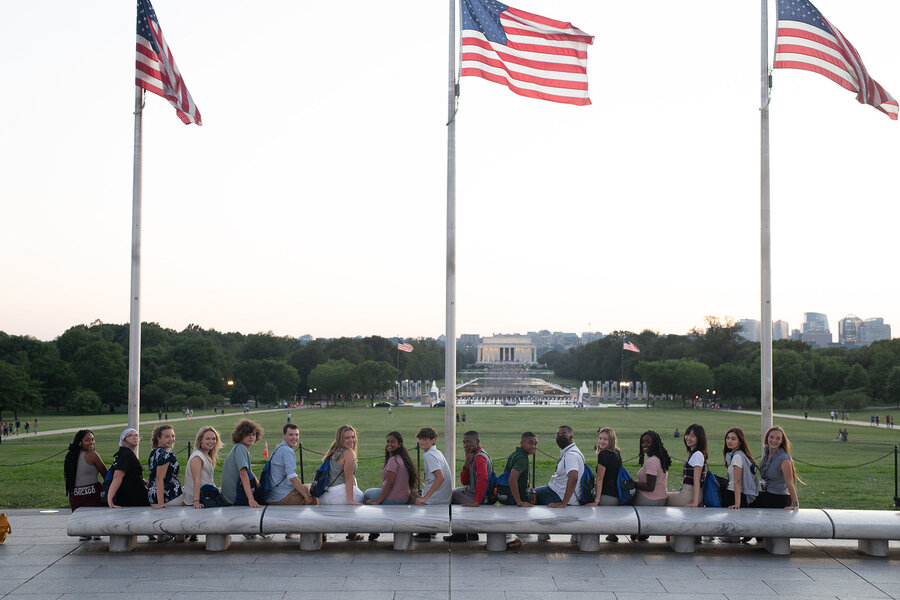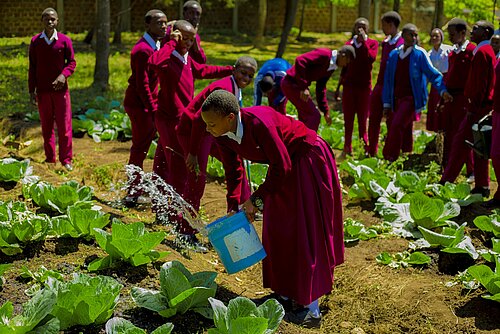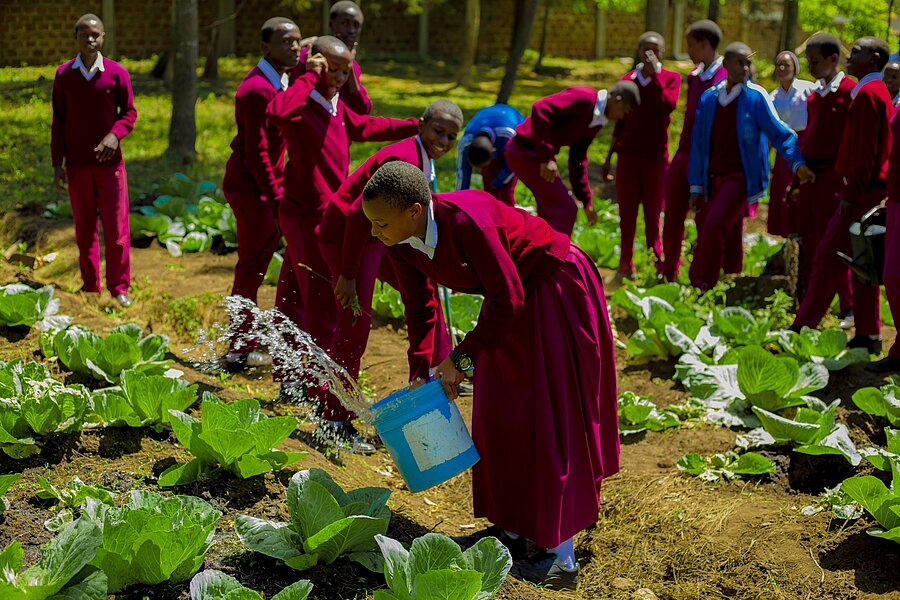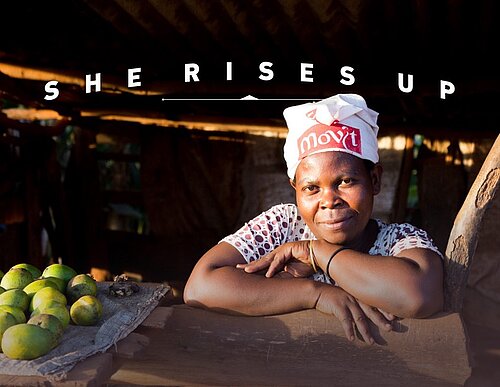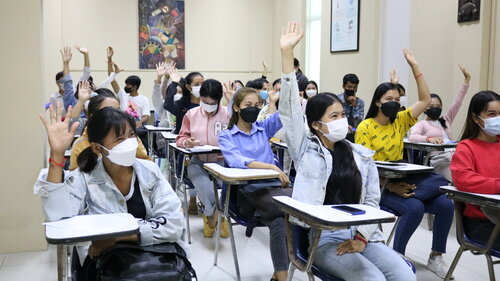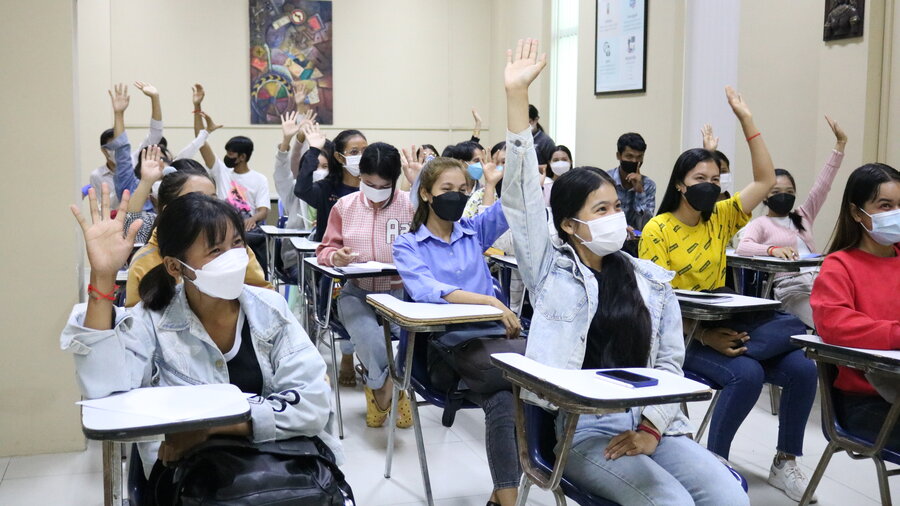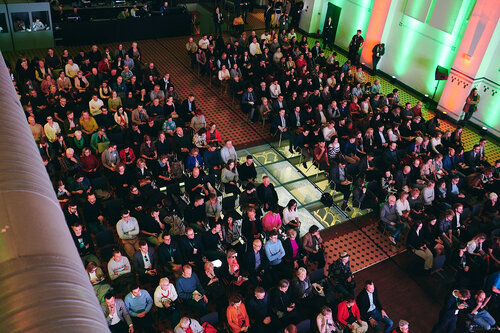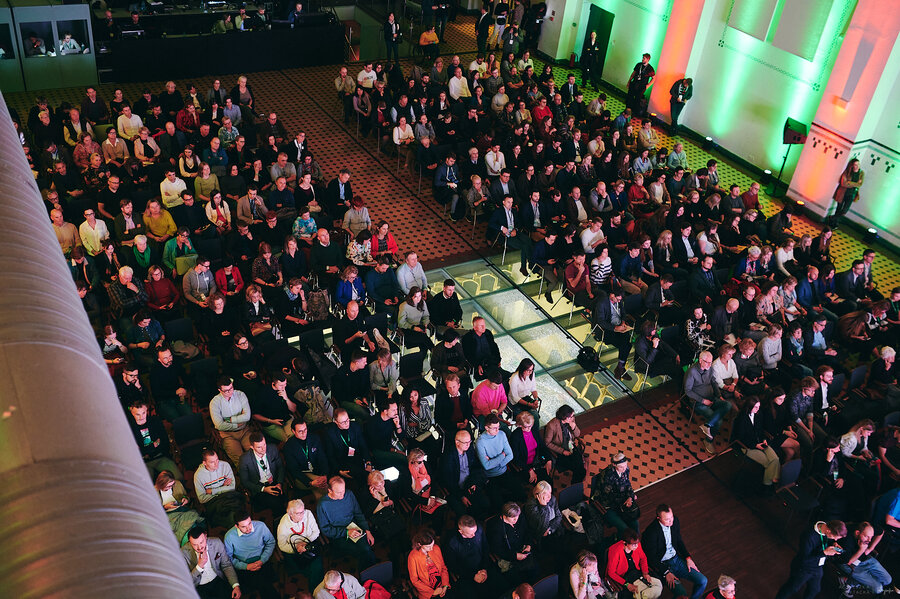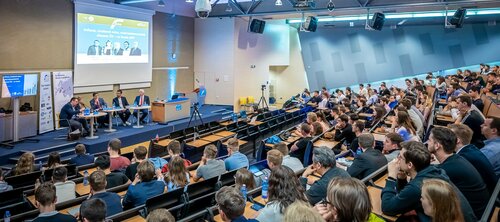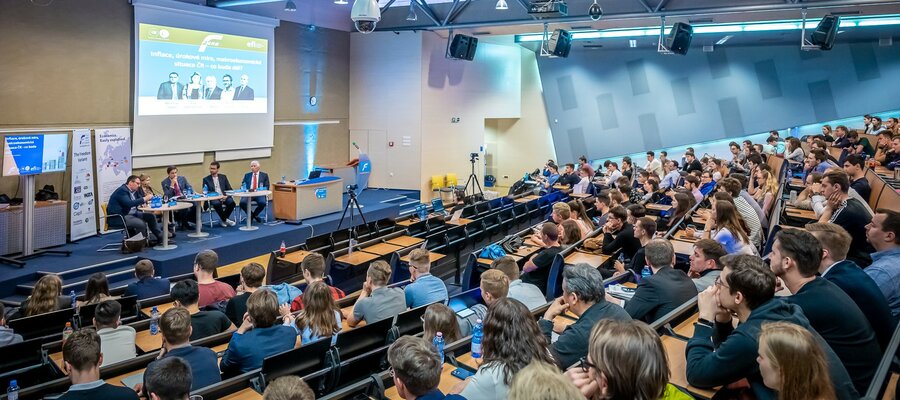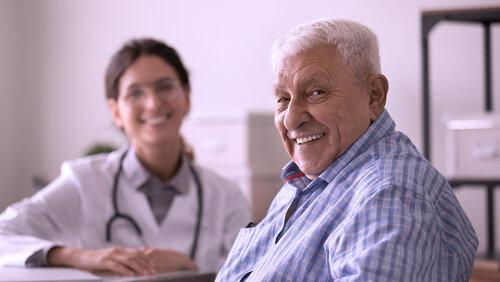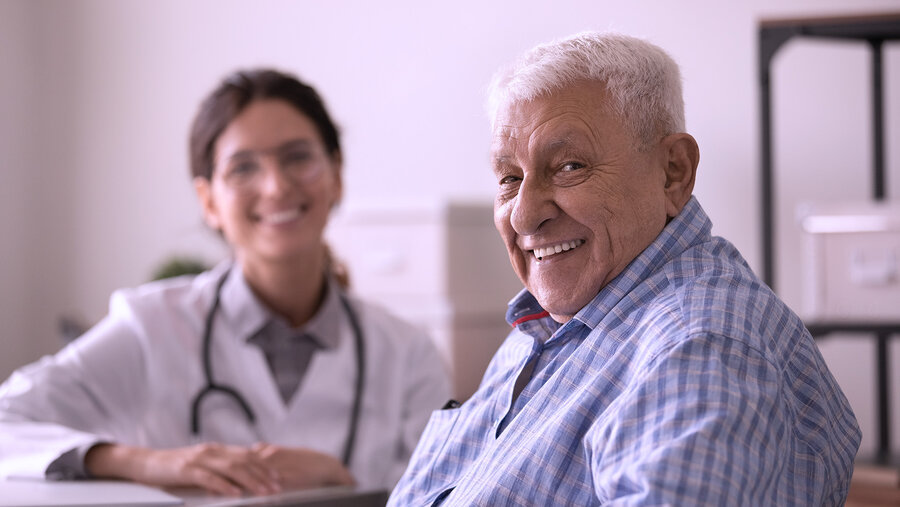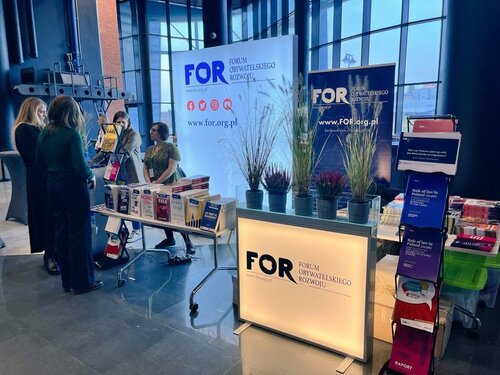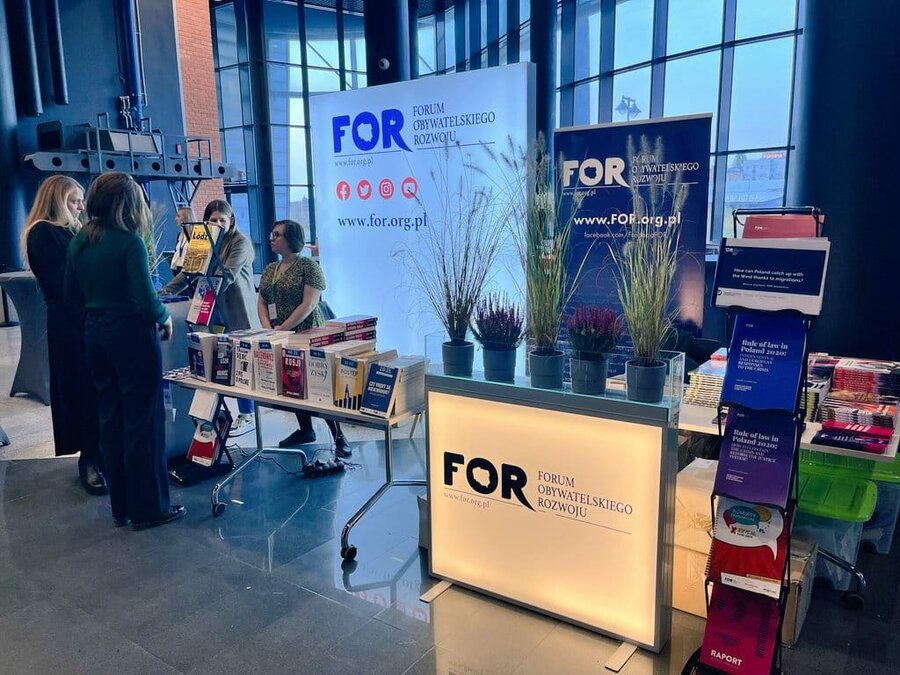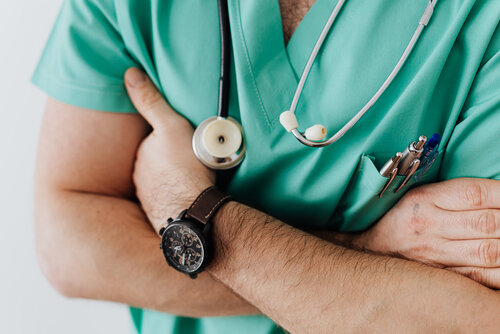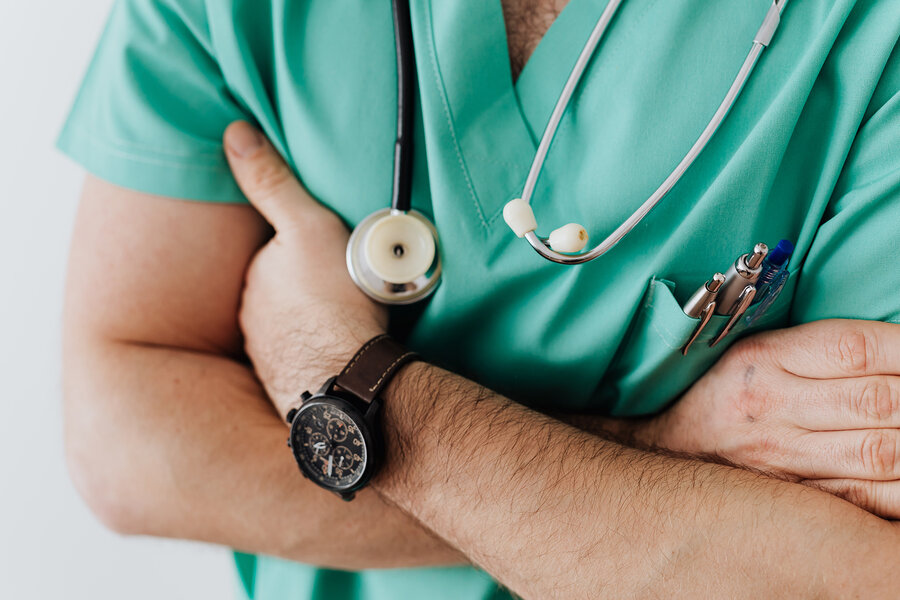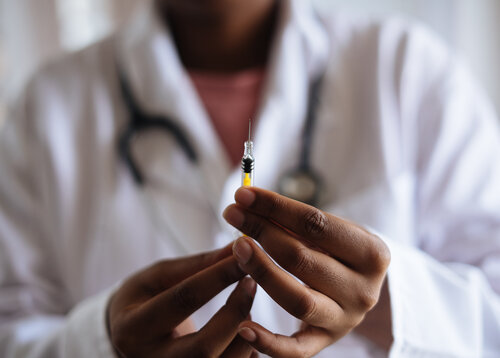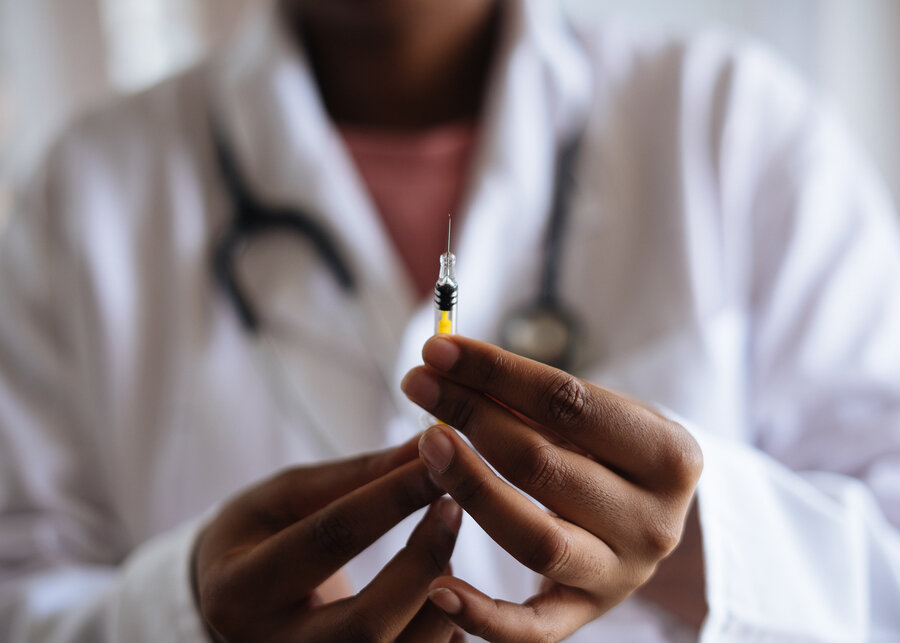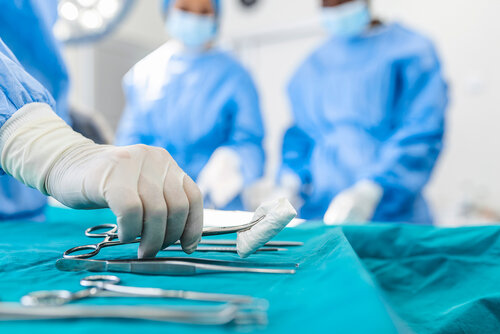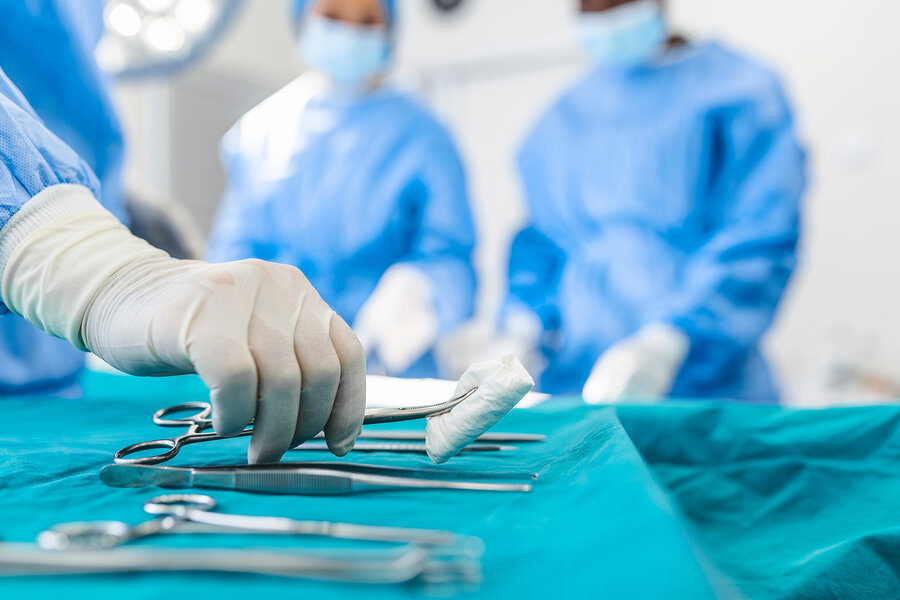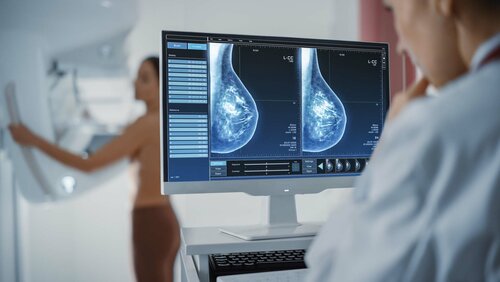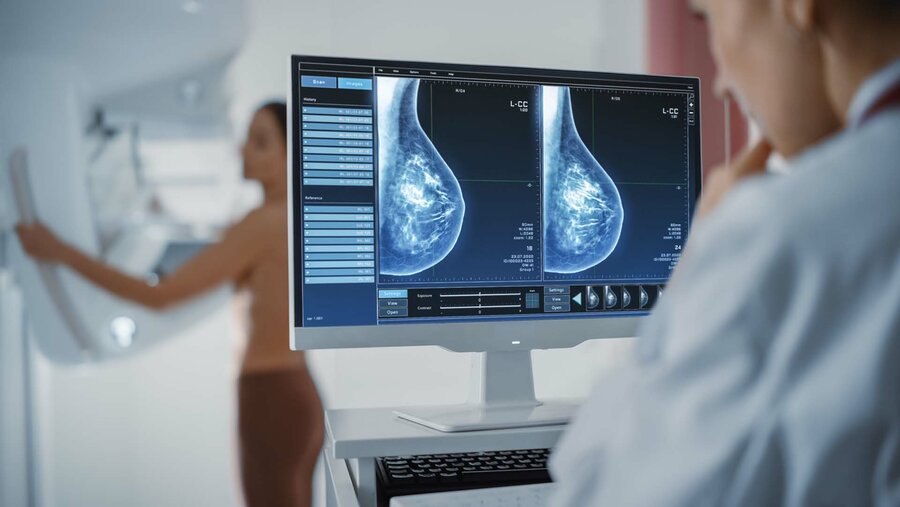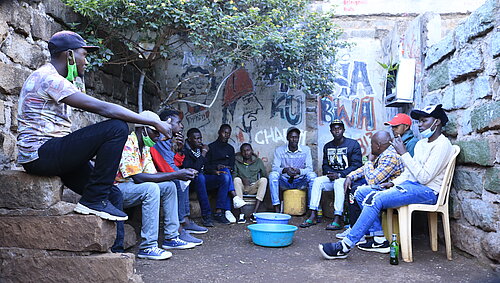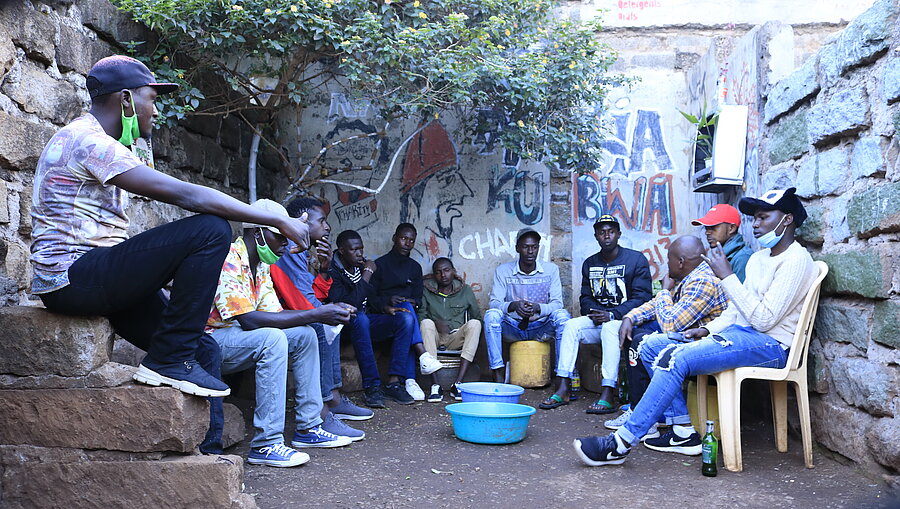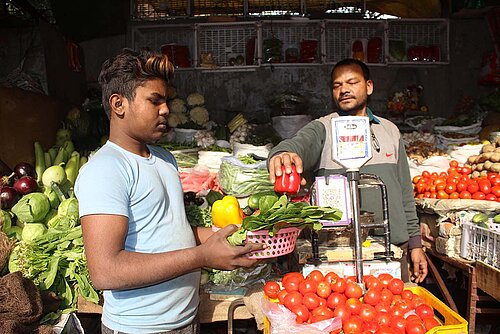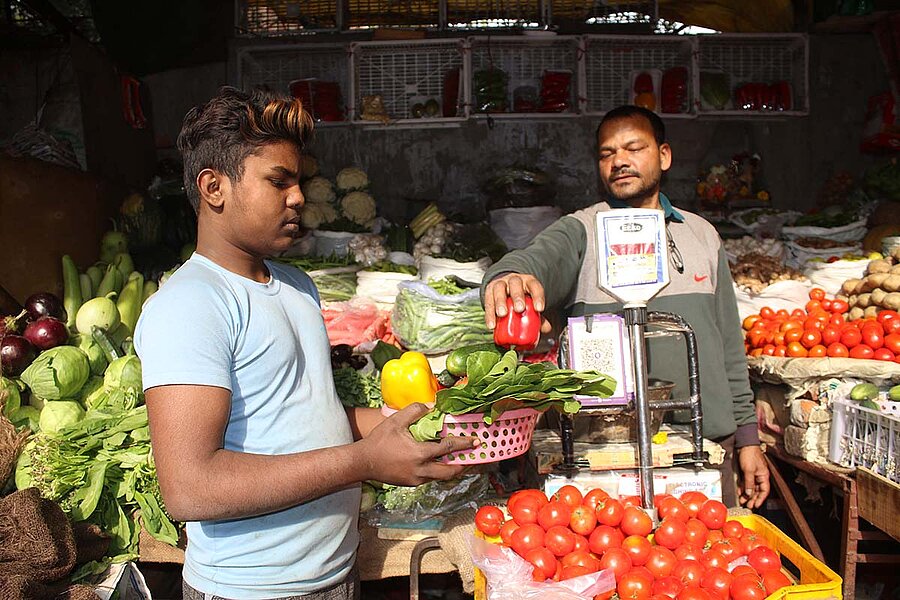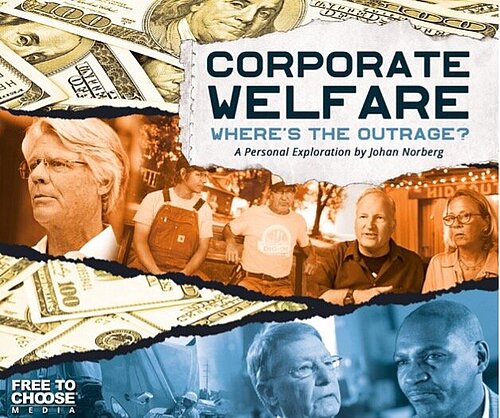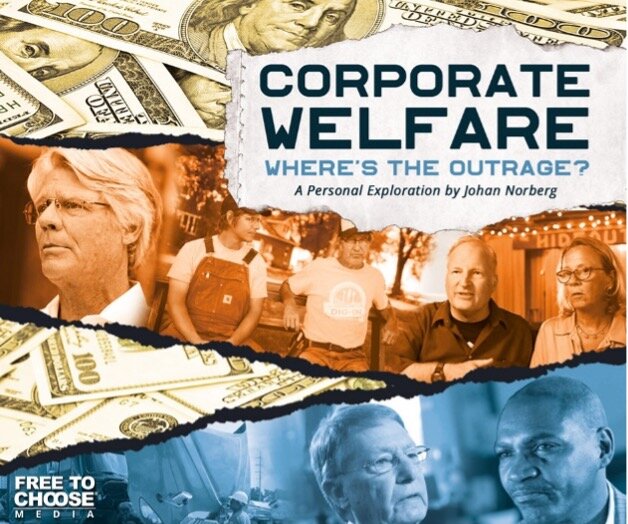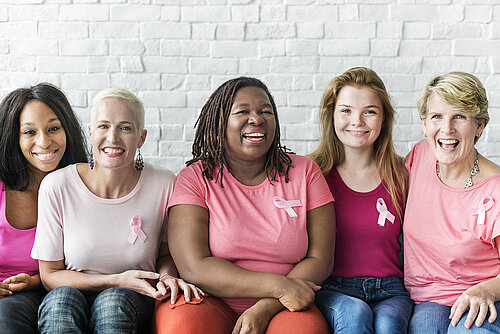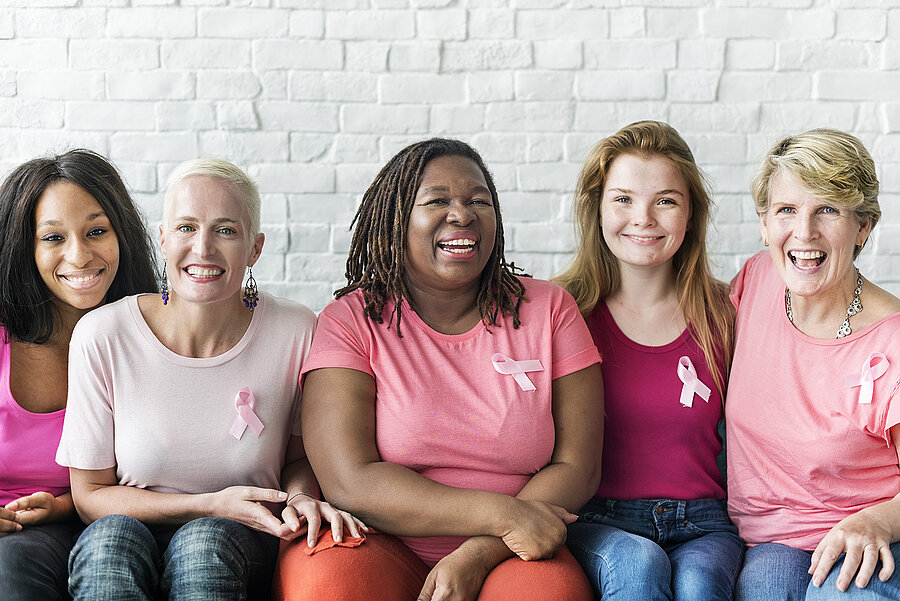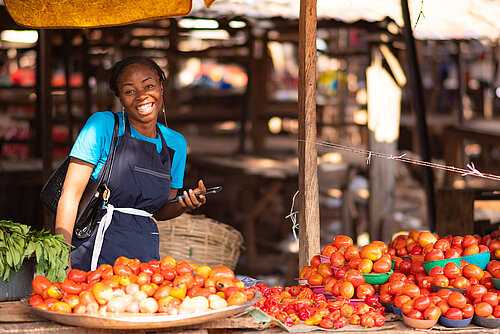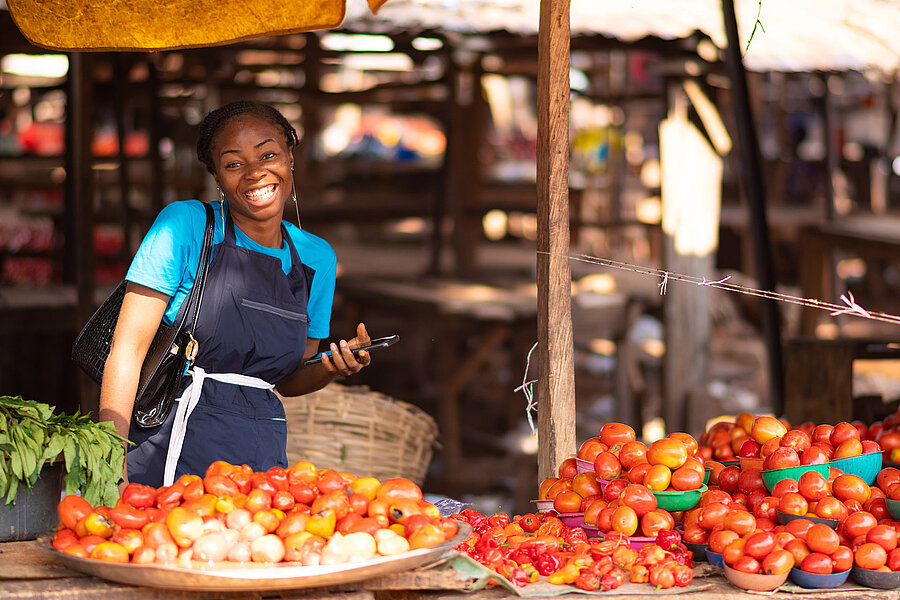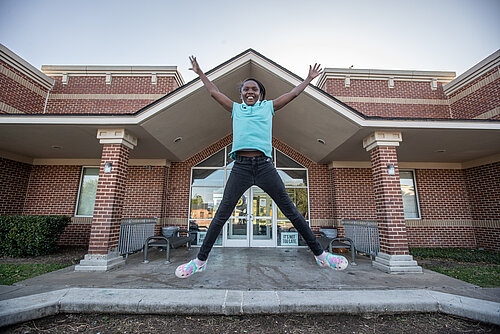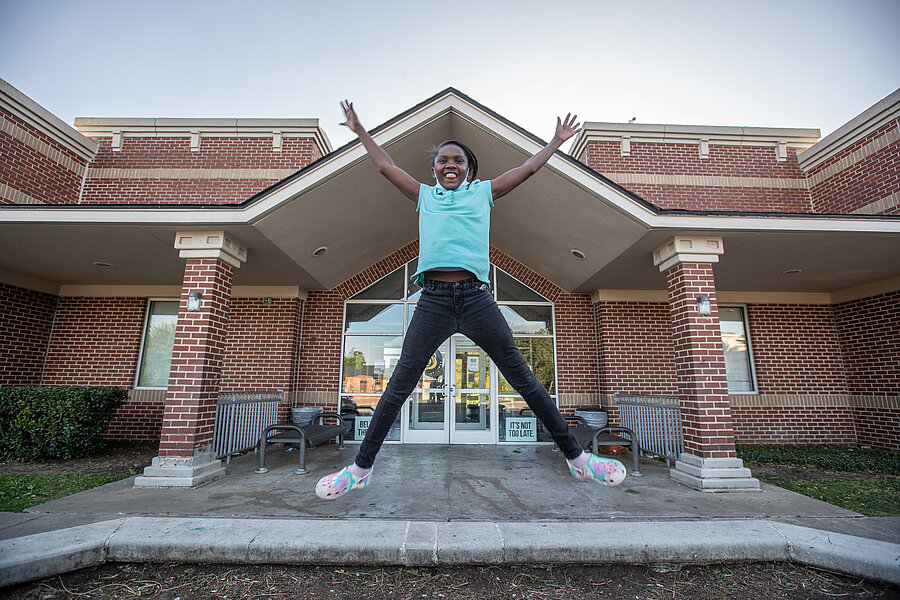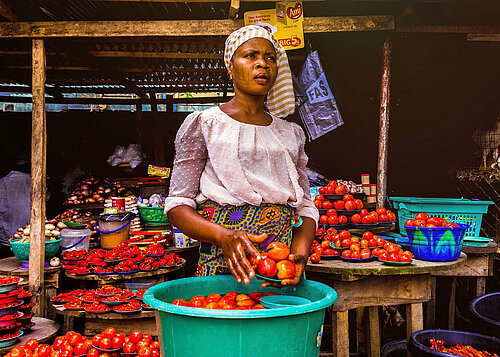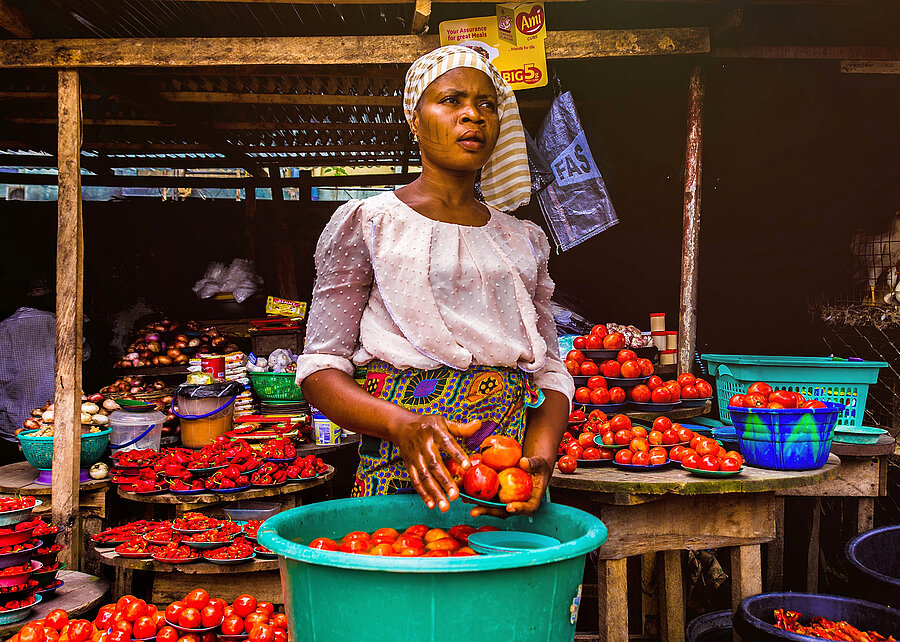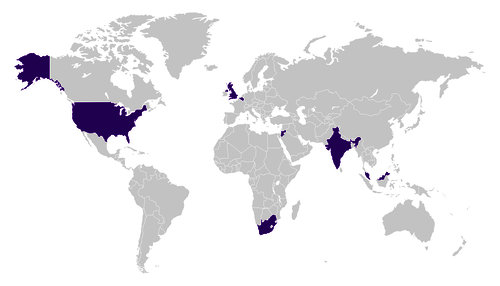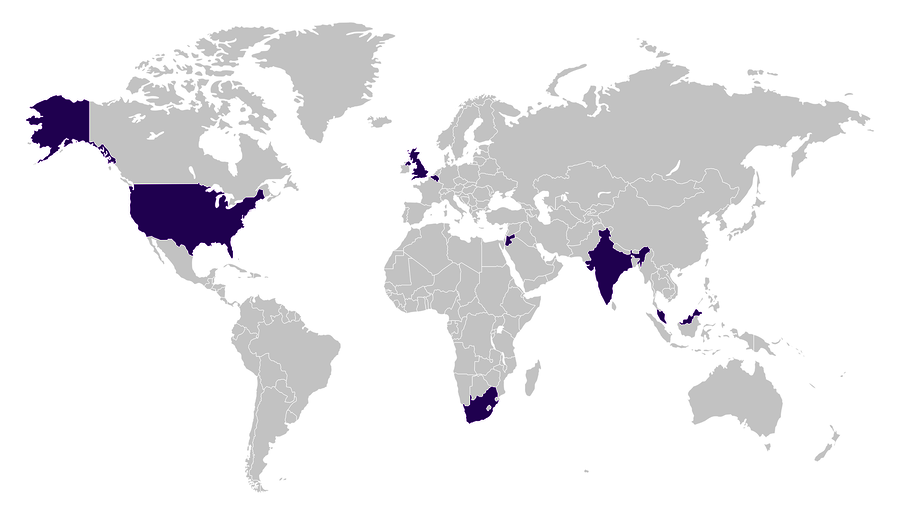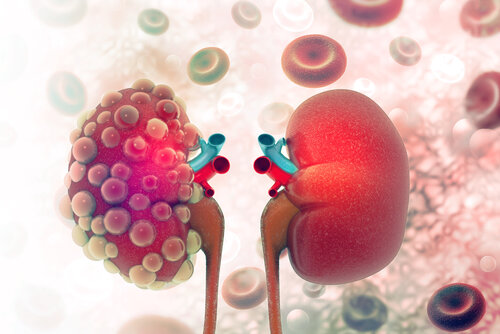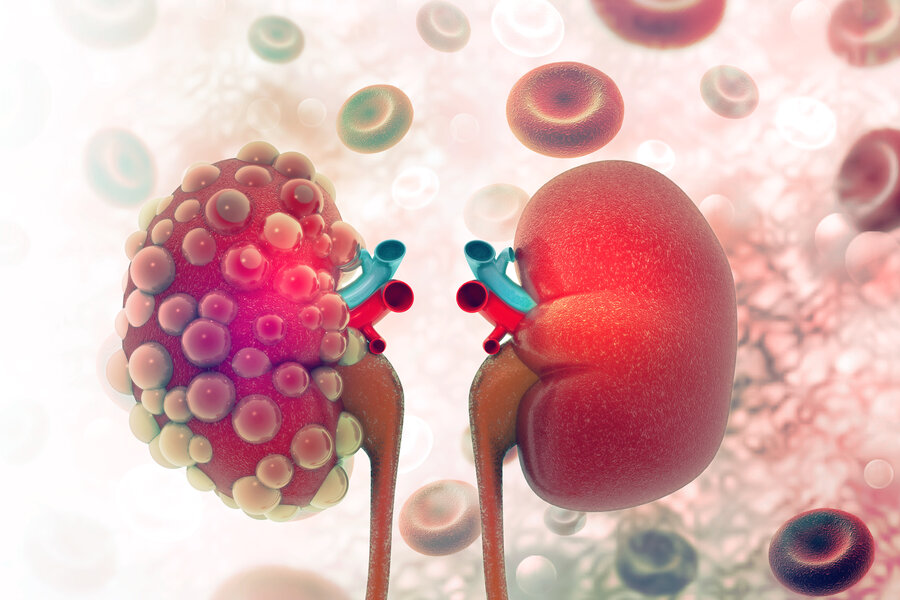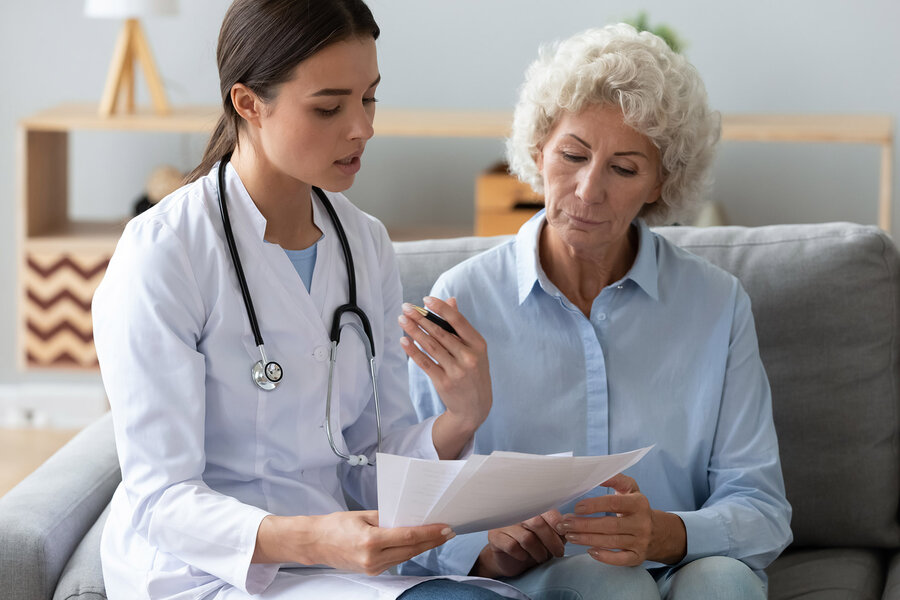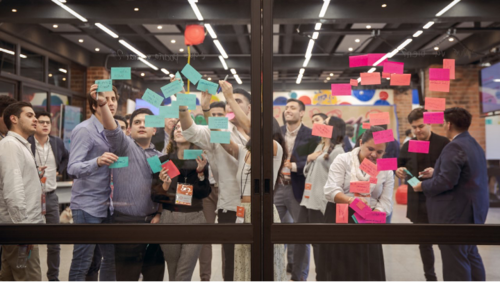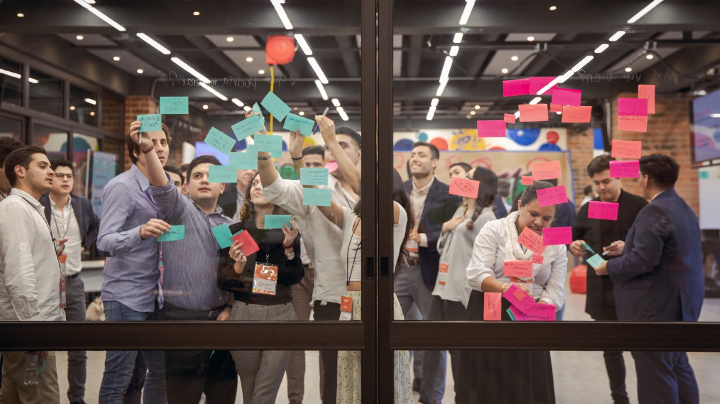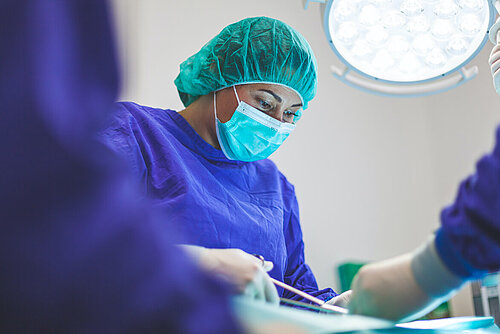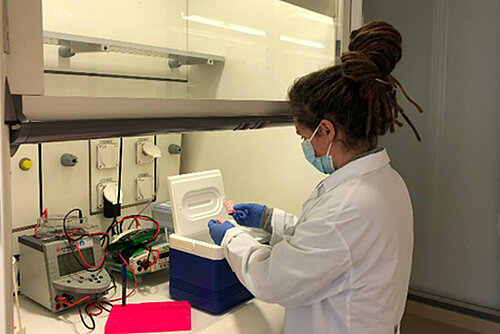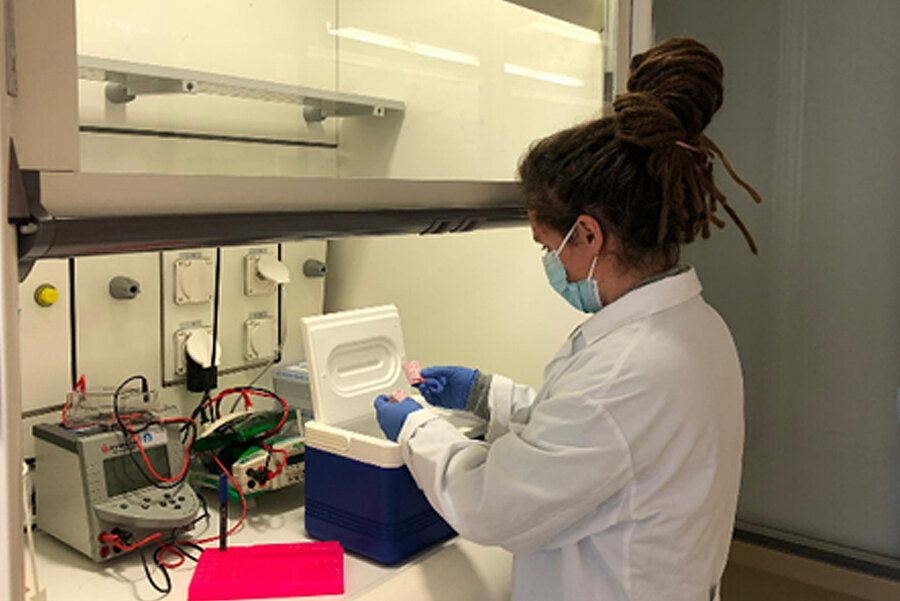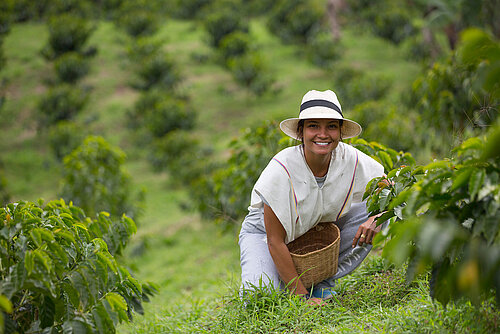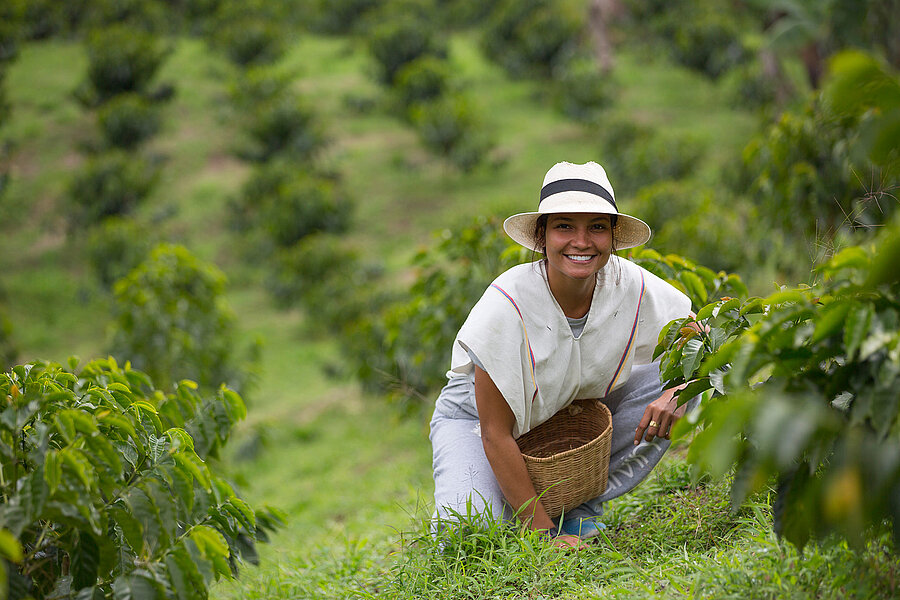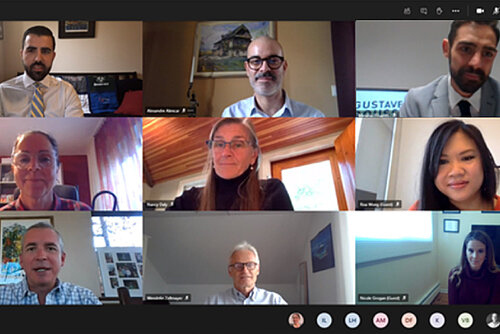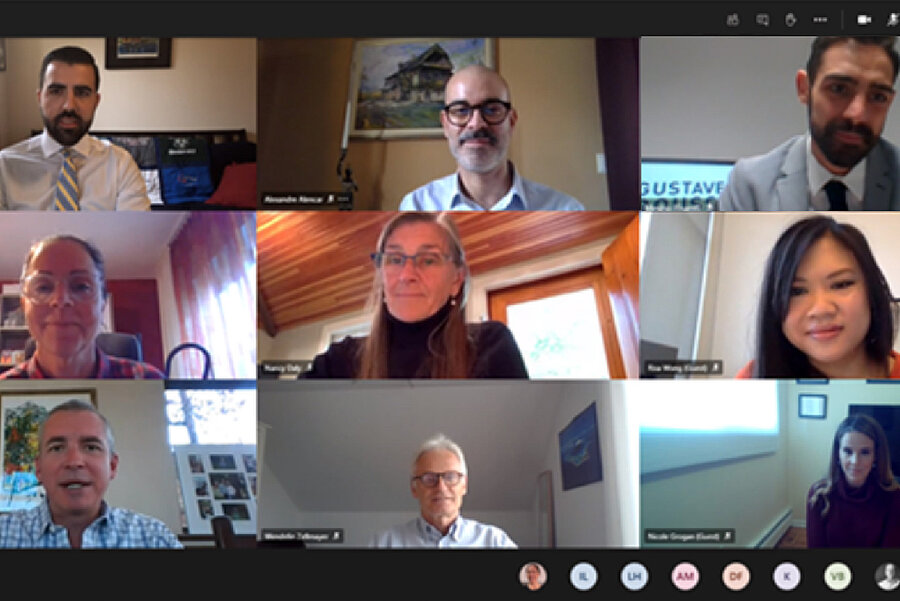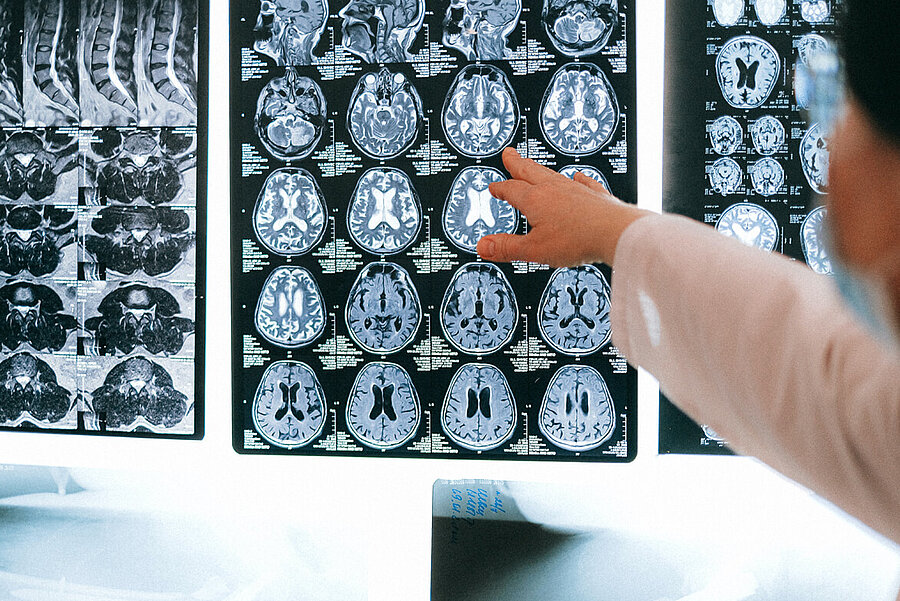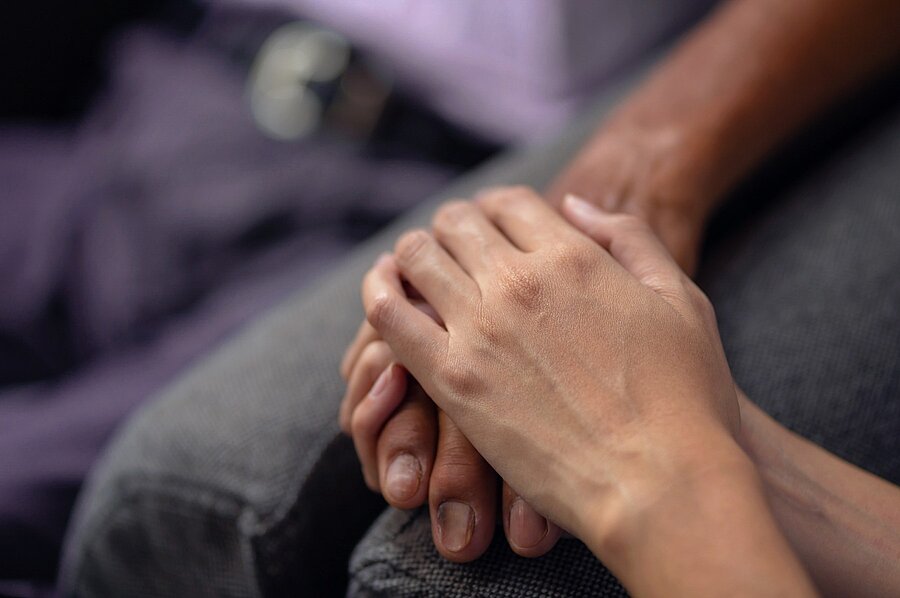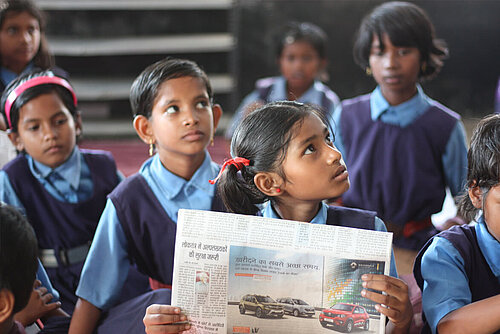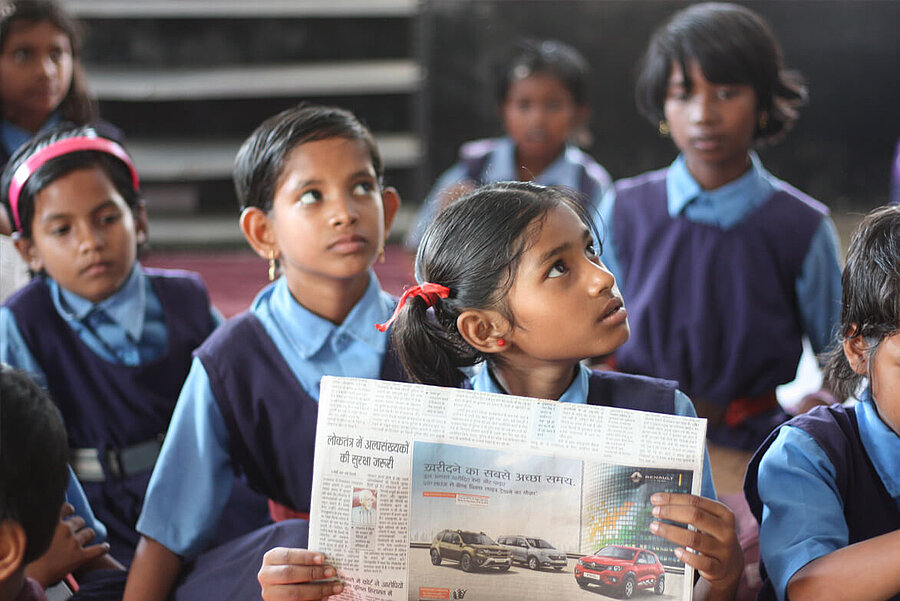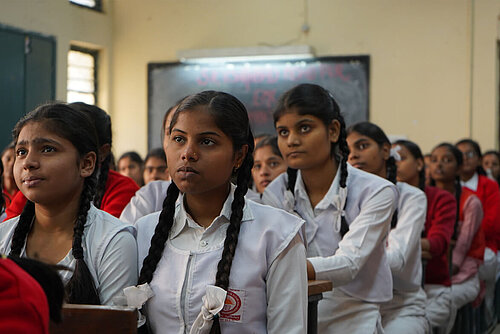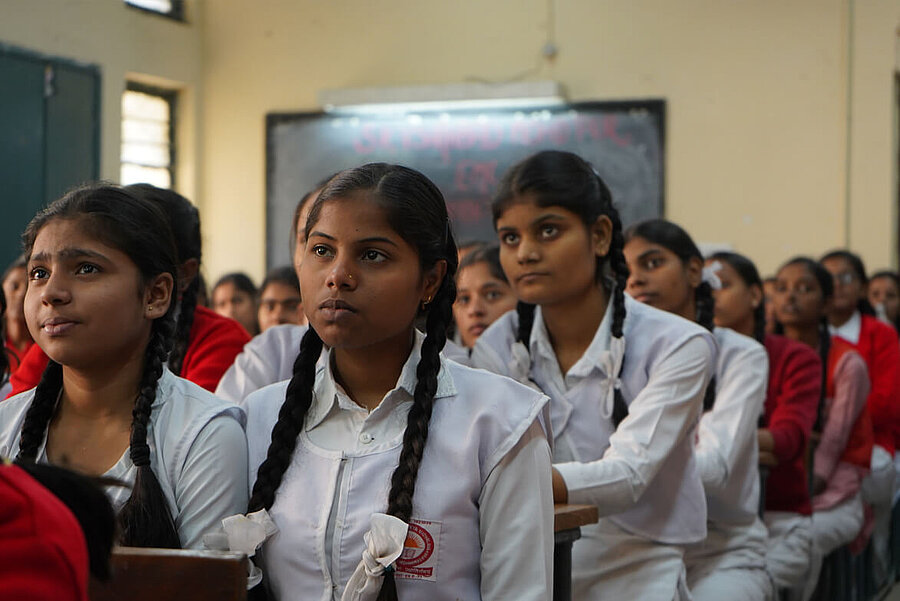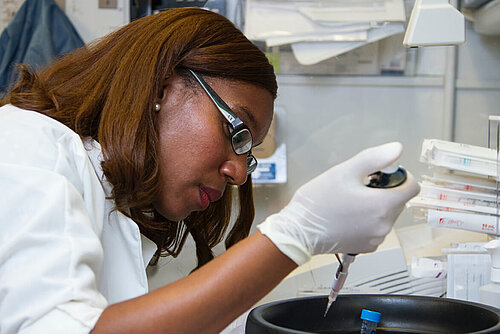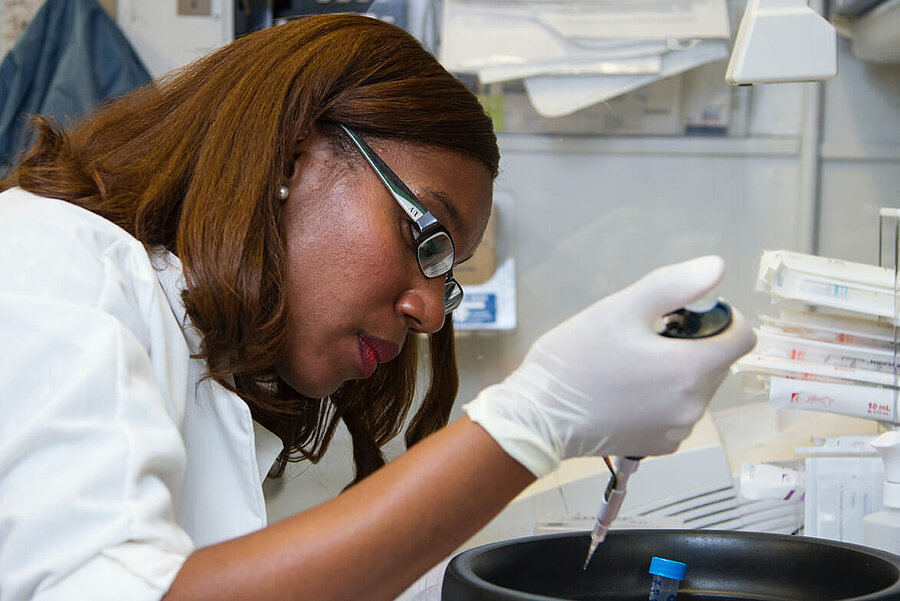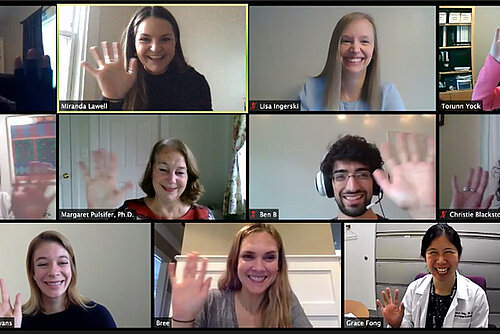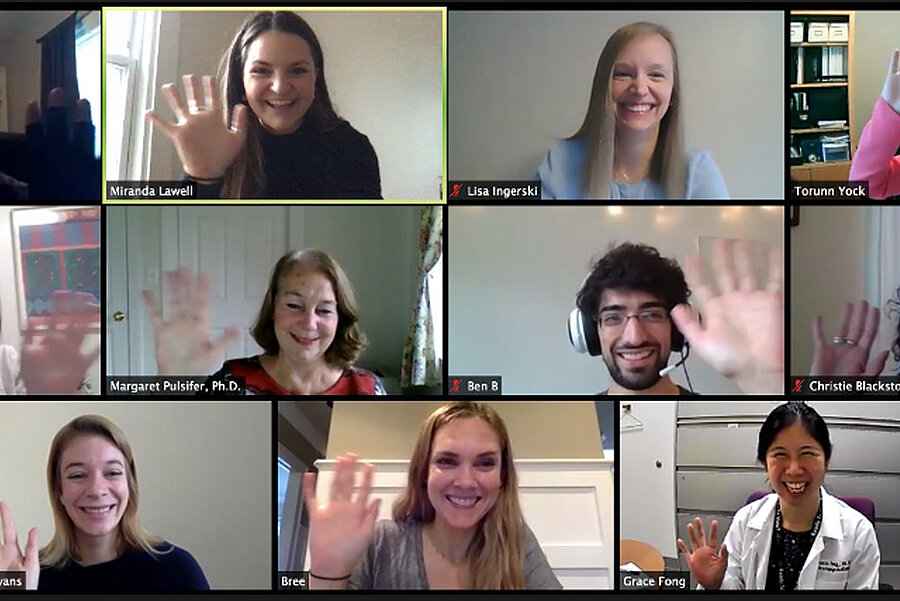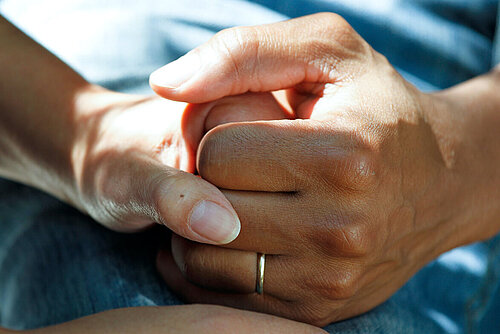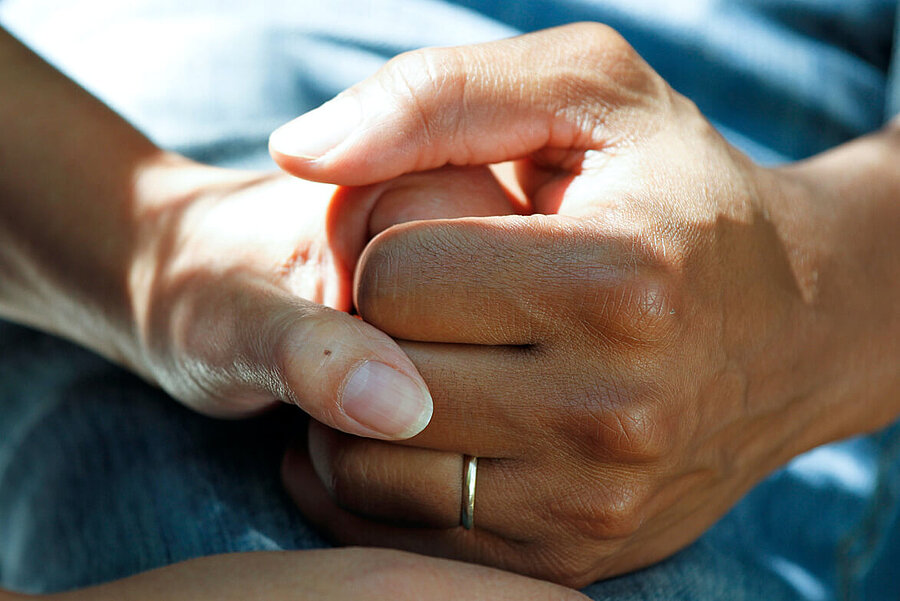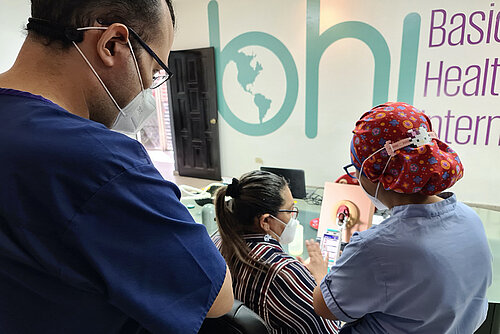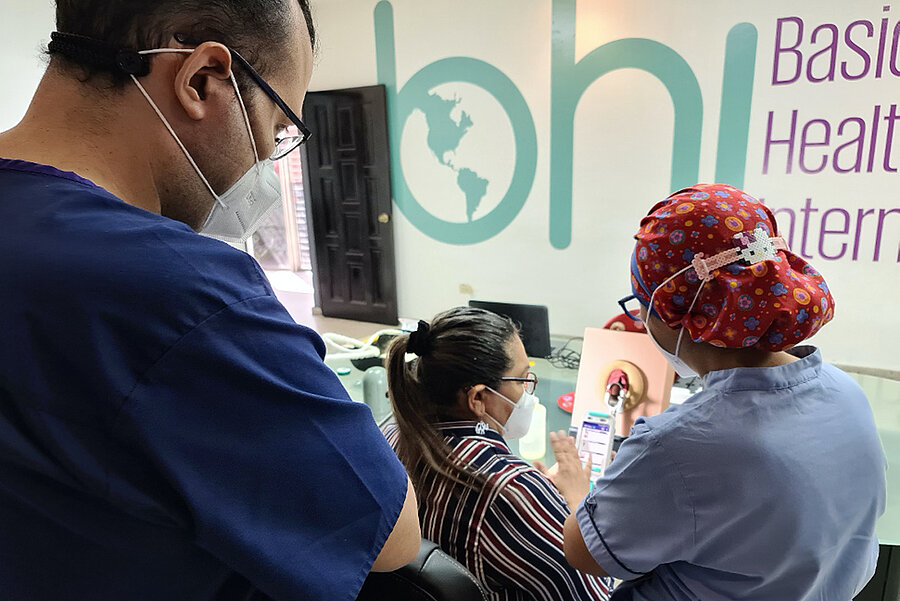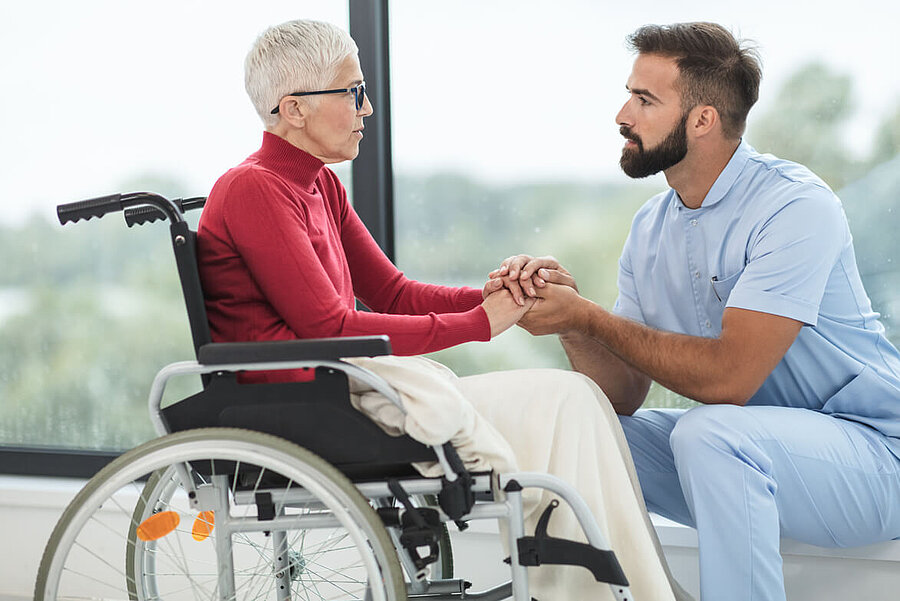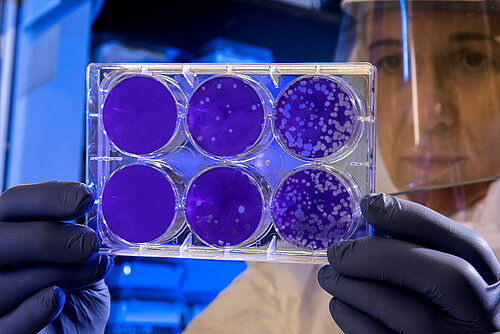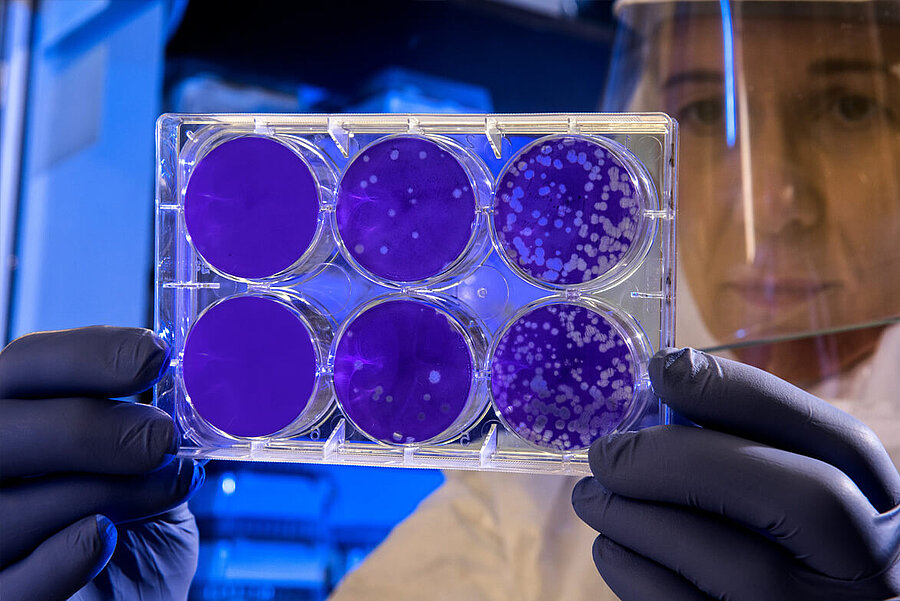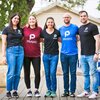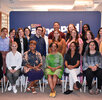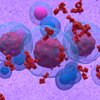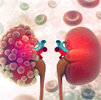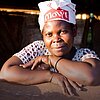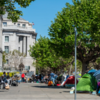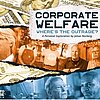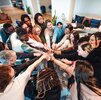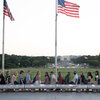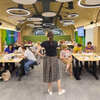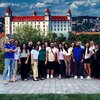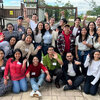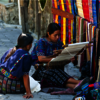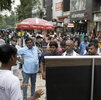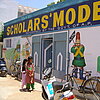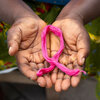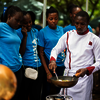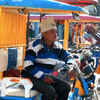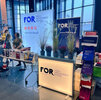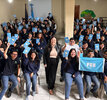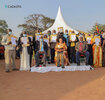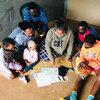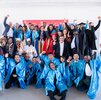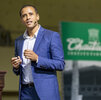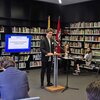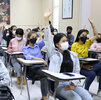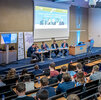Our Grants Map
Our programs deliver results for cancer patients and contribute to enhancing freedom and prosperity.
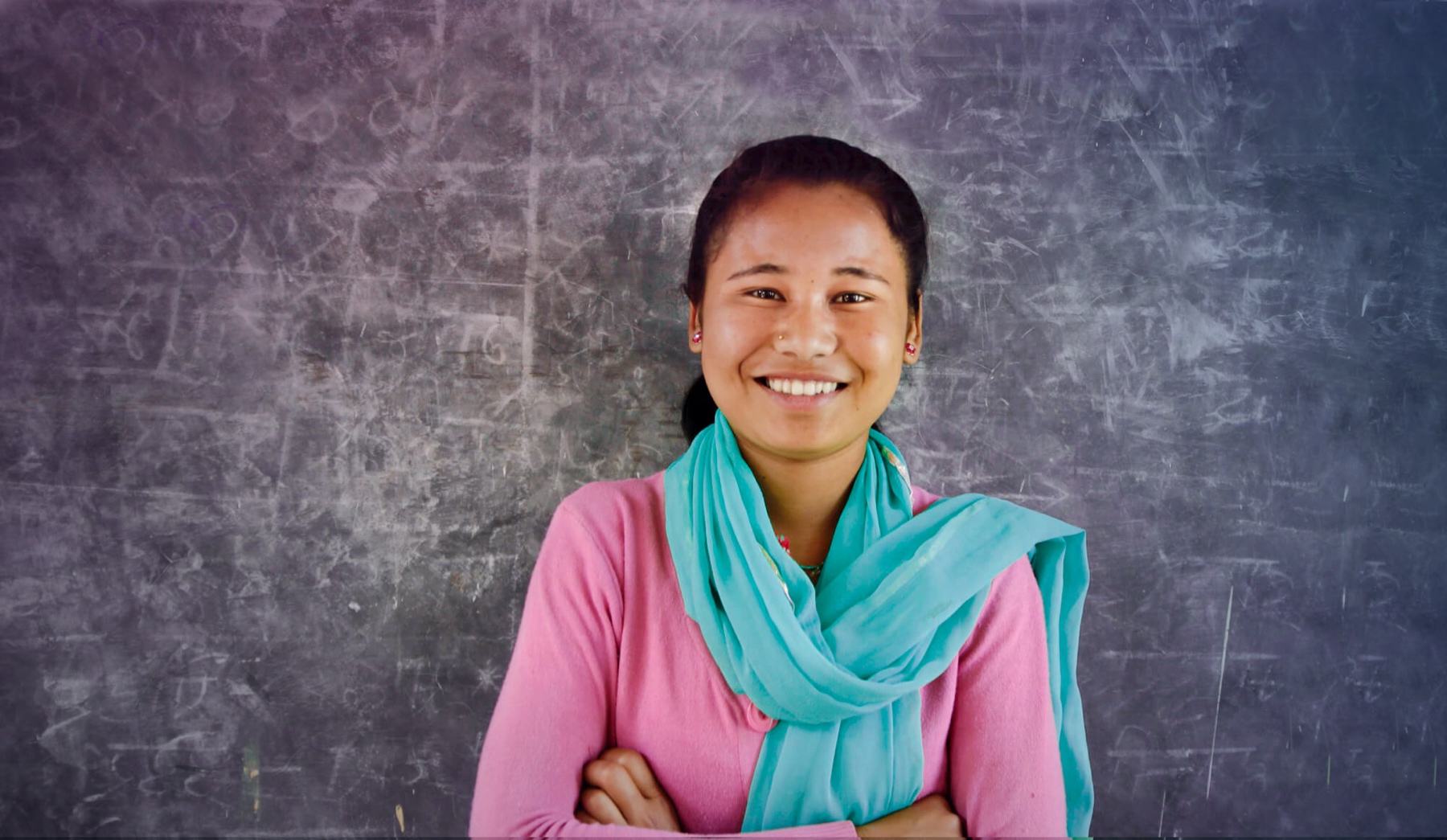
Photo: Room to Read
A world of difference
Since our inception, we have funded more than 300 grants that have
impacted people across the world in over 30 countries.
Freedom in practice
2025 / Institute of Economic Policy
Entrepreneurial Thinking and Action
Show project details
Freedom in practice
2025 / Economic Fundamentals Initiative
Improving Economics Teaching in Georgia, Kosovo, and Ukraine
Show project details
Freedom in practice
2025 / Foundation for Government Accountability (FGA)
Dismantling the U.S. Administrative State
Show project details
Freedom in practice
2025 / Instituto Juan de Mariana
International Forum on Economy, Climate, and Energy
Show project details
Clinical Cancer Research
2025 / Princess Maxima Center for Pediatric Oncology
Interfant-21: improving survival and quality of life for infants with acute lymphoblastic leukemia
Show project details
Clinical Cancer Research
2025 / Fondazione IRCCS San Gerardo Dei Tintori
Dual CARCIK-AML
Show project details
Clinical Cancer Research
2025 / Meru University of Science and Technology
Leveraging Community Health Workers for the Promotion of Breast Cancer Awareness and Timely Help-Seeking Behavior (BreCATH-B Study) among Underserved Rural Population in Kenya: a protocol for a hybrid type II cluster randomized controlled trial
Show project details
Clinical Cancer Research
2025 / Oncology Institute of Southern Switzerland
Intermittent Androgen deprivation Therapy in the era of AR pathway inhibitors; a phase 3 pragmatic randomized trial
Show project details
Europe
Austria
Freedom in practice
2022 / Austrian Economics Center (AEC)
Free Market Roadshow 2023
Show project details
Belgium
Clinical Cancer Research
2024 / EORTC
OligoCare TwiCs (Trials within Cohorts) trial comparing single-fraction vs multiple-fraction SBRT for metastasis-directed treatment (SPRINT) – EORTC-2387
Show project details
Clinical Cancer Research
2023 / University Hospitals Leuven
Metastasis-directed therapy in oligoprogressive castration-refractory prostate cancer: a randomized phase 3 trial: MEDCARE
Show project details
Clinical Cancer Research
2021 / Hospital Erasme, Universit Libre de Bruxelles
STEREOPAC
Show project details
Clinical Cancer Research
2020 / EORTC
OLIGORARE - Stereotactic body radiotherapy in addition to standard of care
Show project details
Bosnia & Herzigovina
Denmark
Clinical Cancer Research
2020 / Copenhagen University Hospital
Phase III randomized clinical trial for stage III epithelial ovarian cancer - OVHIPEC-2
Show project details
France
Clinical Cancer Research
2024 / Gustave Roussy
FOSTER-CabOS : European randomised first line phase-3 trial, evaluating Cabozantinib against placebo as maintenance treatment after the end of standard treatment, in newly diagnosed osteosarcoma patients.
Show project details
Clinical Cancer Research
2024 / Gustave Roussy
PULSE Phase III randomized controlled trial to assess two different administration schedules of immunotherapy combined to chemotherapy in first line for patients with metastatic non small cell lung cancer
Show project details
Clinical Cancer Research
2024 / Gustave Roussy
OPT-PEMBRO - OPTimizing adjuvant prescription of PEMBROlizumab in patients with early-stage triple-negative breast cancer achieving pathologic complete response after standard neoadjuvant chemotherapy and pembrolizumab
Show project details
Clinical Cancer Research
2024 / Gustave Roussy
CARE1+: First line randomized study platform to optimize treatment in patients with metastatic renal cell carcinoma
Show project details
Germany
Greece
Freedom in practice
2021 / Center for Liberal Studies – Markos Dragoumis (KEFiM)
Greek Economics Olympiad
Show project details
Iceland
Clinical Cancer Research
2024 / University of Iceland
Screening for monoclonal gammopathy of undetermined significance: A population-based randomized clinical trial
Show project details
Italy
Clinical Cancer Research
2025 / Fondazione IRCCS San Gerardo Dei Tintori
Dual CARCIK-AML
Show project details
Clinical Cancer Research
2024 / Gruppo Oncologico Nord-Ovest (GONO)
Gemcitabine plus nab-PAclitaxel as switch maiNTEnance versus cONtinuation of mFOLFIRINOX as first-line chemotherapy in patients with advanced pancreatic cancer: the PANThEON phase III Trial
Show project details
Clinical Cancer Research
2024 / Italian Sarcoma group ISG ETS
Phase II study on lurbinectedin and irinotecan in adult and young adult patients with advanced desmoplastic small round cell tumor (DSRCT)
Show project details
Clinical Cancer Research
2024 / Istituto Nazionale dei Tumori di Napoli - IRCCS - Fondazione Pascale
Randomized phase 3 study of intermittent or continuous Panitumumab plus FOLFIRI for first-line treatment of patients with unresectable left sided RAS/B-RAF wild-type metastatic colorectal cancer (IMPROVE-2 trial)
Show project details
Freedom in practice
2021 / Rondine Cittadella della Pace
Enhancing Social Innovation in Conflicted-affected Societies
Show project details
Kosovo
Lithuania
Freedom in practice
2023 / Lithuanian Free Market Institute (LFMI)
From UBI to You and I: Defending Human Dignity and Liberty
Show project details
Norway
Clinical Cancer Research
2023 / Oslo University Hospital
RAINBO blue - De-escalation of adjuvant treatment in POLE mutated endometrial cancer
Show project details
Poland
Freedom in practice
2022 / Forum Obywatelskiego Rozwoju (Civil Development Forum)
Re-opening Poland: The Roadmap for Polish Immigration Policy
Show project details
Spain
Freedom in practice
2025 / Instituto Juan de Mariana
International Forum on Economy, Climate, and Energy
Show project details
Freedom in practice
2024 / Universidad de las Hespérides
Igniting the Spark of Freedom
Show project details
Sweden
Clinical Cancer Research
2024 / Sahlgrenska University Hospital - University of Gothenburg
A chemotherapy regimen with Temozolomide/Lomustine versus Temozolomide alone in patients with newly diagnosed MGMT promotor methylated IDHwt glioblastoma: an international multicenter randomized controlled trial
Show project details
Switzerland
Freedom in practice
2025 / Institute of Economic Policy
Entrepreneurial Thinking and Action
Show project details
Clinical Cancer Research
2025 / Oncology Institute of Southern Switzerland
Intermittent Androgen deprivation Therapy in the era of AR pathway inhibitors; a phase 3 pragmatic randomized trial
Show project details
Clinical Cancer Research
2025 / University of Zurich
Repurposing vortioxetine for the treatment of glioblastoma: the ReVoGlio trial
Show project details
Clinical Cancer Research
2024 / ETOP IBCSG Partners Foundation for International Cancer Research
Long-term Follow-up of the POSITIVE trial
Show project details
Clinical Cancer Research
2024 / Oncology Institute of Southern Swizerland, Ente Ospedaliero Cantonale
STAMPEDE2: A randomised controlled platform trial testing treatments in metastatic hormone-sensitive prostate cancer SABR
Show project details
Clinical Cancer Research
2024 / Cantonal Hospital St. Gallen
Terbinafine for biochemically recurrent prostate cancer - A phase II drug-repurposing study
Show project details
Freedom in practice
2023 / Association Smartfeld
Education Program For Teachers: Creative Kids Fair @SmartFeld
Show project details
Freedom in practice
2022 / Verein "Respektierung & Wahrung Natürlicher Lernprozesse"
Time4 – for individual, self-determined, self-learning, free young people
Show project details
Freedom in practice
2022 / Institute for Swiss Economic Policy
Educational Video Series
Show project details
Clinical Cancer Research
2022 / Ente Ospedaliero Cantonale (EOC)
IELSG37 - Ukraine
Show project details
Clinical Cancer Research
2022 / University of Basel
Surgical versus conservative therapy for breast cancer related lymphoedema
Show project details
Clinical Cancer Research
2022 / Tumor Center, Kantonsspital Winterthur
Influence of a home-based nutrition and exercise programme including an application for monitoring on quality of life in advanced cancer outpatients
Show project details
Freedom in practice
2021 / Educa Swiss
Coaching for the realization of education with professional goal
Show project details
Clinical Cancer Research
2020 / International Breast Cancer Study Group
Central Pathology Review of FFPE tumor blocks within the POSITIVE study
Show project details
Clinical Cancer Research
2020 / University Children's Hospital Zurich
Correlative studies of an open label Phase 1 study in diffuse intrinsic pontine glioma (DIPG)
Show project details
Clinical Cancer Research
2018 / Bern University Hospital
A combined budding/T-cell score in pT1 and stage II colorectal cancer (CRC)
Show project details
Clinical Cancer Research
2018 / University Hospital Basel
SAKK 01/18: Reduced intensity radio-chemotherapy for stage IIA/B seminoma
Show project details
The Netherlands
Clinical Cancer Research
2025 / Princess Maxima Center for Pediatric Oncology
Interfant-21: improving survival and quality of life for infants with acute lymphoblastic leukemia
Show project details
Clinical Cancer Research
2023 / Netherlands Cancer Institute
Management of low-risk ductal carcinoma in situ (low-risk DCIS; grade I and II): a non-randomized, multicenter, non-inferiority trial; standard therapy versus active surveillance
Show project details
Clinical Cancer Research
2022 / Maastricht University
PReoperative Optimisation of Modifiable rIsk factorS in surgEry of the Pancreas
Show project details
Ukraine
United Kingdom
Clinical Cancer Research
2015 / University of Edinburgh
A randomized, open-label trial of a Multimodal Intervention versus standard care in cancer patients with Cachexia
Show project details
North America
Canada
Clinical Cancer Research
2024 / University Health Network
Comparing the effectiveness of PROphylACTic swallow InterVEntion for patients receiving radiotherapy for head and neck cancer: Long-term follow-up of the PRO-ACTIVE RCT
Show project details
Clinical Cancer Research
2023 / UHN
Prevention of persistent pain with LidocAine iNfusions in breast cancer surgery (PLAN): a multicentre randomized controlled trial
Show project details
Colombia
Freedom in practice
2020 / Root Capital
Investing in Agricultural Enterprises to Build Rural Prosperity in Colombia
Show project details
Costa Rica
Freedom in practice
2024 / Democracy Lab Foundation
FWD Technology and Freedom Academies
Show project details
United States
Freedom in practice
2025 / Foundation for Government Accountability (FGA)
Dismantling the U.S. Administrative State
Show project details
Clinical Cancer Research
2025 / Memorial Sloan Kettering Cancer Center
IL7 receptor-targeted CAR T-cell Therapy for T-Acute Lymphoblastic Leukemia (T-ALL)
Show project details
Freedom in practice
2024 / Pacific Legal Foundation
Restoring the Rule of Law by Overturning the Unconstitutional Administrative State
Show project details
Clinical Cancer Research
2024 / University of California, Los Angeles (UCLA)
Enhancing Diversity and Patient Engagement in PROFFi: A Phase II Randomized Placebo-Controlled Study of Fisetin and Exercise to Prevent Frailty in Breast Cancer Survivors
Show project details
Clinical Cancer Research
2024 / University of Texas M.D. Anderson Cancer Center
Understanding and preventing cortical changes related to chemotherapy-induced peripheral neuropathy
Show project details
Clinical Cancer Research
2024 / University of California San Francisco/Pediatric Neuro-Oncology Consortium
A Phase 2 De-escalation Study of Dabrafenib and Trametinib for Patients with BRAF V600E Mutant Low-Grade Gliomas
Show project details
Freedom in practice
2024 / GripTape
Scaling Agency: Innovating to Expand Youth-Driven Learning
Show project details
Freedom in practice
2024 / Moving Picture Institute
“In Order to Live” Feature Film
Show project details
Freedom in practice
2024 / Illinois Policy Institute
Center for Poverty Solution
Show project details
Freedom in practice
2024 / Children’s Scholarship Fund
Empowering Families through Education Freedom
Show project details
Freedom in practice
2024 / Civilization Works
New Energy Narratives for Environmental Progress
Show project details
Freedom in practice
2024 / The Future of Free Speech
Mapping the Landscape of AI Censorship
Show project details
Freedom in practice
2023 / State Policy Network (SPN)
Identifying and Improving Free Market Solutions to Poverty
Show project details
Freedom in practice
2023 / Acton Institute
New Training Program for Poverty-Fighting Leaders
Show project details
Freedom in practice
2023 / Libertas Institute
Teach Freedom through Applied Micro-Entrepreneurship
Show project details
Clinical Cancer Research
2023 / Fred Hutchinson Cancer Center
Pilot Trial of Microbial Targeting to Prevent Myeloma
Show project details
Freedom in practice
2023 / GripTape
Youth-Driven Learning: Building Agency and Independence
Show project details
Freedom in practice
2023 / American Institute for Economic Research
Defending Freedom, Combatting Collectivism
Show project details
Freedom in practice
2023 / Bill of Rights Institute
Teaching Freedom through Civics
Show project details
Clinical Cancer Research
2023 / Washington University in St.Louis
Application of Memory Like NK cells for Metastatic Melanoma
Show project details
Clinical Cancer Research
2023 / Washington University in St.Louis
NK cell immunotherapy to reduce relapse after haploidentical transplant for high-risk pediatric AML
Show project details
Clinical Cancer Research
2023 / University of Texas M.D. Anderson Cancer Center
Opioid-Sparing Effects of Nurse-Delivered Hypnosis During Breast Cancer Surgery
Show project details
Clinical Cancer Research
2023 / Yale School of Medicine
Epigenetic Alterations in Blood as Markers of Early Lung Cancer Detection
Show project details
Freedom in practice
2022 / Libertas Institute
Reaching the Rising Generation with the Ideas of Freedom
Show project details
Freedom in practice
2022 / University of Pittsburgh - Center for Governance and Markets (CGM)
New Approaches to Development Assistance
Show project details
Freedom in practice
2022 / Emergent Order Foundation
Dad Saves America: Reimagining Education
Show project details
Clinical Cancer Research
2022 / Alliance Foundation Trials, LLC
Comparing an operation to monitoring, with or without endocrine therapy (COMET) for low-risk DCIS: a phase III prospective randomized trial
Show project details
Freedom in practice
2021 / Independent Institute
Campaign for Housing and Human Dignity
Show project details
Freedom in practice
2021 / Free To Choose Network
Corporate Welfare: Where’s the Outrage?
Show project details
Clinical Cancer Research
2021 / Sanford Research
The WISDOM Study (Women Informed to Screen Depending on Measures of Risk)
Show project details
Freedom in practice
2021 / Behind Every Door
Myne-Poverty Stoplight Integration
Show project details
Clinical Cancer Research
2021 / Loyola University of Chicago
Biopsy, PEER, and 99mTc-sestamibi SPECT/CT to Diagnose Renal Tumors
Show project details
Clinical Cancer Research
2021 / University of Texas M.D. Anderson Cancer Center
A technology-enabled approach to enhancing outpatient symptom management in vulnerable cancer patients
Show project details
Clinical Cancer Research
2021 / City of Hope
Cancer and Aging Research Group Consortia (CARG) Geriatric Oncology Therapy Optimization (GOTO) Program
Show project details
Freedom in practice
2020 / Freedom & Virtue Institute
Expansion of Self-Reliance Clubs
Show project details
Clinical Cancer Research
2020 / University of Texas M.D. Anderson Cancer Center
Predictors of response to neoadjuvant therapy in melanoma
Show project details
Clinical Cancer Research
2020 / University of Texas M.D. Anderson Cancer Center
SHortening Adjuvant PHoton IRradiation for Breast Cancer: The SAPHIRe Trial
Show project details
Freedom in practice
2020 / Acton Academy Foundation
Entrepreneurship Mini Quest Curriculum
Show project details
Freedom in practice
2019 / Atlas Network
Eradicate Barriers to Economic Freedom for Women
Show project details
Clinical Cancer Research
2019 / Conquer Cancer Foundation
Career Pathway Grants in Symptom Management
Show project details
Clinical Cancer Research
2019 / The University of Texas M.D. Anderson Cancer Center
Optimizing Neurofeedback to Treat CIPN
Show project details
Clinical Cancer Research
2019 / University of Texas M.D. Anderson Cancer Center
ECHO Telementoring to Improve Quality Palliative Care in Underserved Areas
Show project details
Clinical Cancer Research
2019 / University of Texas M.D. Anderson Cancer Center
High fiber diet to enhance the microbiome in immunotherapy
Show project details
Clinical Cancer Research
2018 / Massachusetts General Hospital
Neurocognitive & Quality of Life (QOL) in proton/photon pediatric brain tumor survivors
Show project details
Clinical Cancer Research
2018 / University of Miami
CD38-targeted immuno-PET imaging to prevent myeloma relapse
Show project details
Clinical Cancer Research
2017 / Cleveland Clinic Foundation
Development of Alternative Ablation Device
Show project details
Clinical Cancer Research
2017 / Yale University
Phase 2 Study of PARP inhibition and Anti-PD-L1 Therapy in BRCAmt TNBC
Show project details
Clinical Cancer Research
2014 / John Hopkins University
Epigenetic therapy to sensitize patients with advanced NSCLC to chemotherapy and immunotherapy targeting reversal of immune tolerance
Show project details
South America
Brazil
Clinical Cancer Research
2024 / Beckman Research Institute of the City of Hope
Geriatric Oncology Care in Brazil: A Remote Geriatric Assessment with Supportive Care Intervention (GAIN-S)
Show project details
Ecuador
Freedom in practice
2022 / Fundacion Ecuador Libre
Liberal arts for all: Philosophy, Politics, and Economics for indigenous and ethnic minorities of Ecuador
Show project details
Guatemala
Freedom in practice
2023 / Universidad Francisco Marroquin (UFM)
Luces de Desarrollo (Poverty Stoplight implementation in Guatemala)
Show project details
Latin America
Freedom in practice
2023 / Foundation for Economic Education (FEE)
FEE en Español
Show project details
Africa
Africa
Freedom in practice
2021 / Institute of Economic Affairs
Unlocking African Trade
Show project details
Cameroon
Freedom in practice
2021 / Denis & Lenora Foretia Foundation
Powering Prosperity and Economic Freedom for Women and Youths
Show project details
Global
Freedom in practice
2023 / Atlas Network
Resisting Illiberalism: Supporting Civil Society Against Authoritarianism
Show project details
Kenya
Clinical Cancer Research
2025 / Meru University of Science and Technology
Leveraging Community Health Workers for the Promotion of Breast Cancer Awareness and Timely Help-Seeking Behavior (BreCATH-B Study) among Underserved Rural Population in Kenya: a protocol for a hybrid type II cluster randomized controlled trial
Show project details
Freedom in practice
2023 / Ujima Foundation for Training & Development
Youth@Work
Show project details
Freedom in practice
2021 / Emerging Leaders
Unlocking Potential through Mindset Change among Unemployed Youth in Kenya
Show project details
Freedom in practice
2020 / Basecamp Explorer Foundation
The Wildlife Tourism College of Maasai Mara
Show project details
Morocco
Freedom in practice
2024 / MPS Morocco 2025
Montreal Economic Institute and Arab Center for Research
Show project details
Nigeria
Freedom in practice
2019 / University of Buckingham
Enhancing Freedom Through Quality Improvements in Low-cost Private Schools
Show project details
South Africa
Freedom in practice
2023 / The Greenlight Office
Scaling Greenlight into Africa and Beyond
Show project details
Freedom in practice
2023 / Maharishi Invincibility Institute
Establishing an Education City
Show project details
Uganda
Asia
Cambodia
Georgia
Freedom in practice
2025 / Economic Fundamentals Initiative
Improving Economics Teaching in Georgia, Kosovo, and Ukraine
Show project details
Freedom in practice
2023 / Economic Fundamentals Institute
Increasing economic literacy across secondary schools in Kosovo, Georgia, and Ukraine
Show project details
India
Freedom in practice
2021 / Center for Civil Society
Jeevika App: Making a Living on the Street
Show project details
Freedom in practice
2020 / Landesa
Empowering Women and Communities through Property Rights
Show project details
Freedom in practice
2019 / Leadership Foundation of India
Scholarships for Low-Income, High Potential Indian Girls
Show project details
Freedom in practice
2019 / Center for Civil Society
Empowering Young Learners with Spoken English & Libertarian Values
Show project details
Freedom in practice
2019 / University of Newcastle
Identifying Best Practice for Empowerment Through Entrepreneurial Freedom
Show project details
Israel
Nepal
Freedom in practice
2025 / Bikalpa – An Alternative
Wheels of Progress: A Grassroots Approach to E-Rickshaw Policy Reform in Nepal
Show project details


